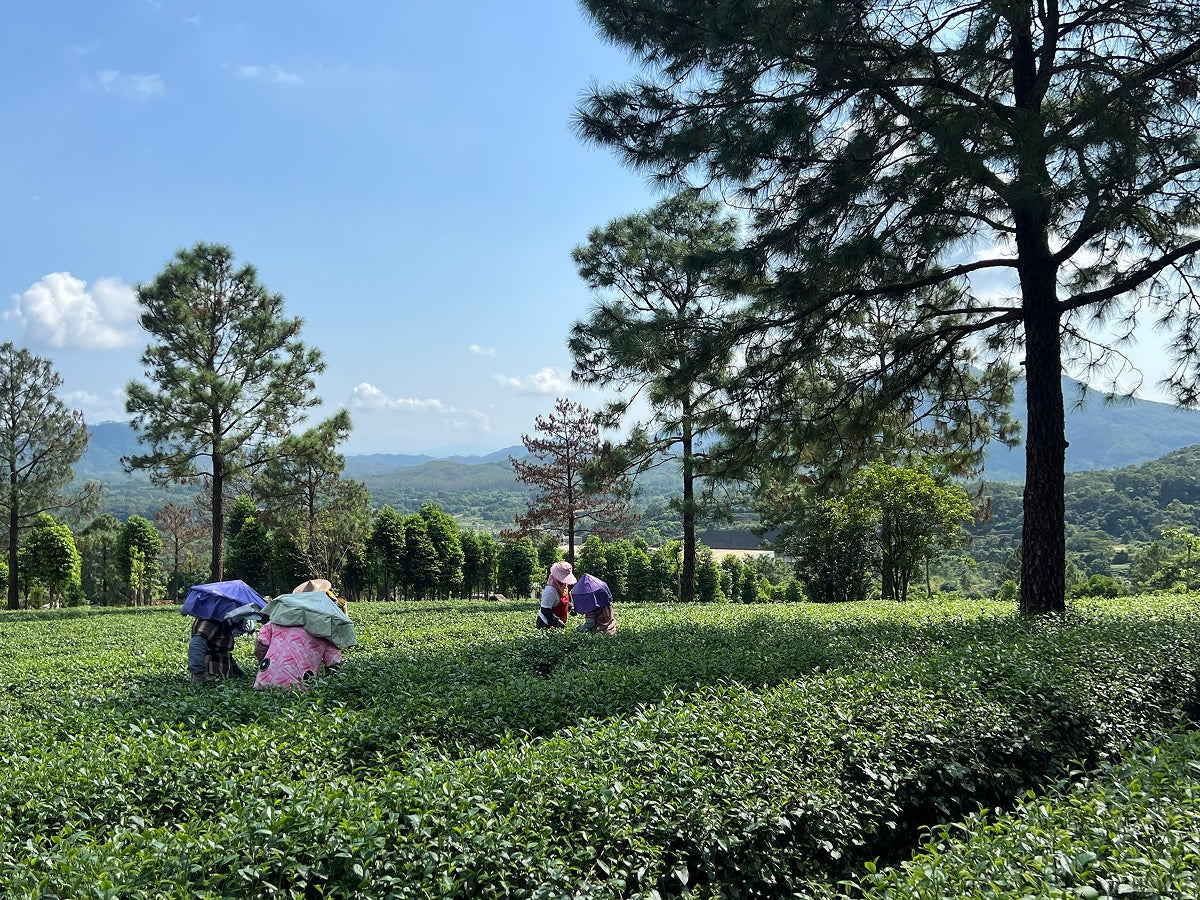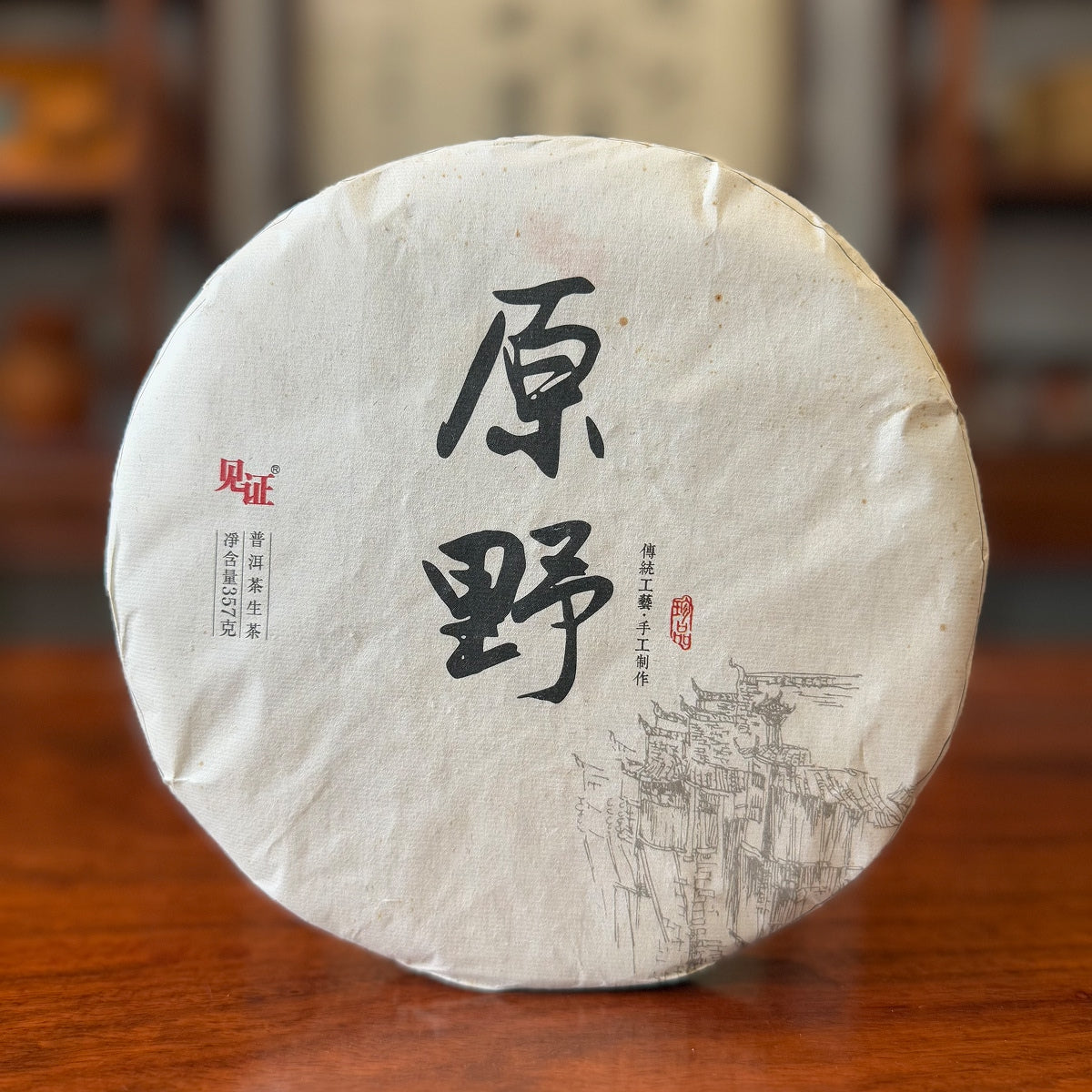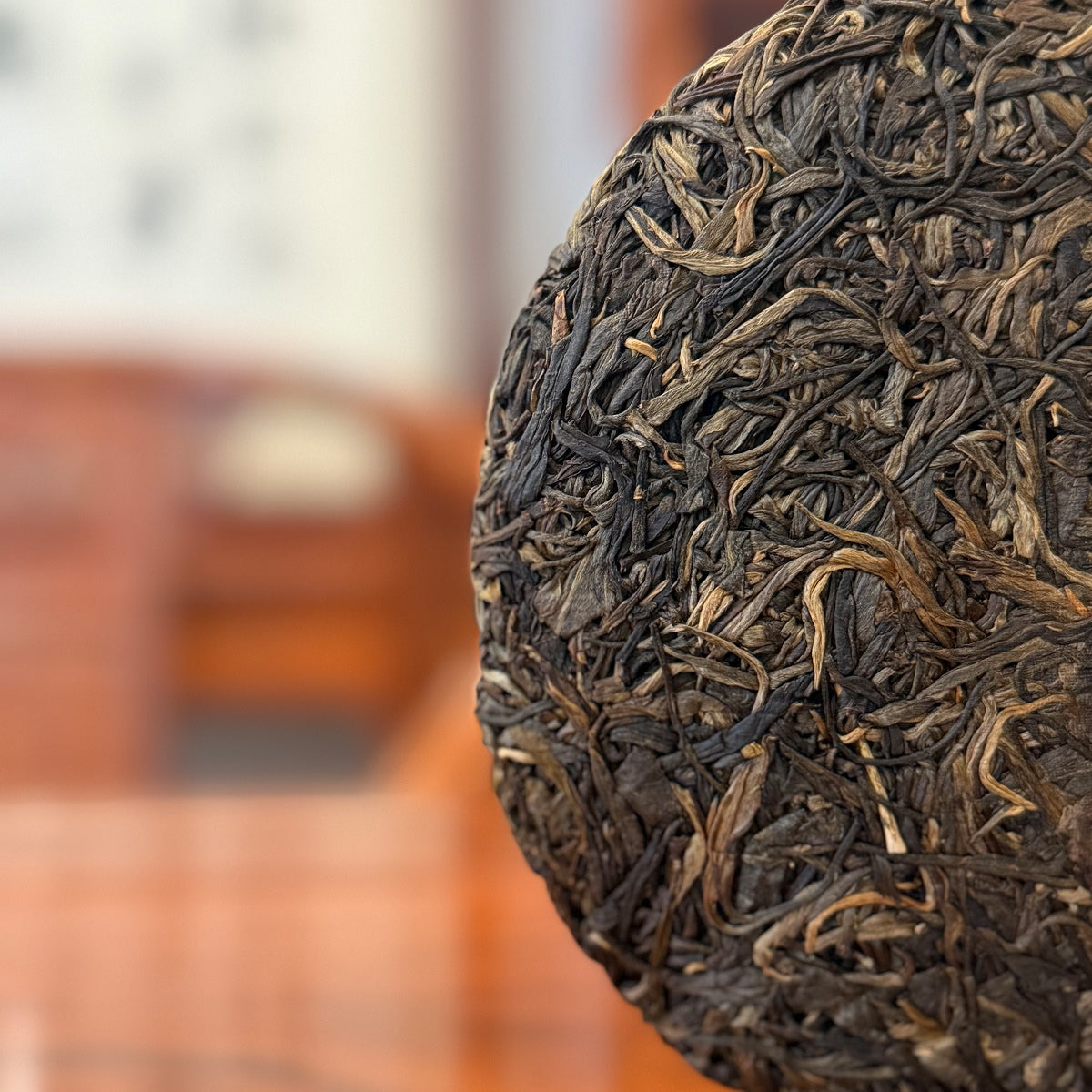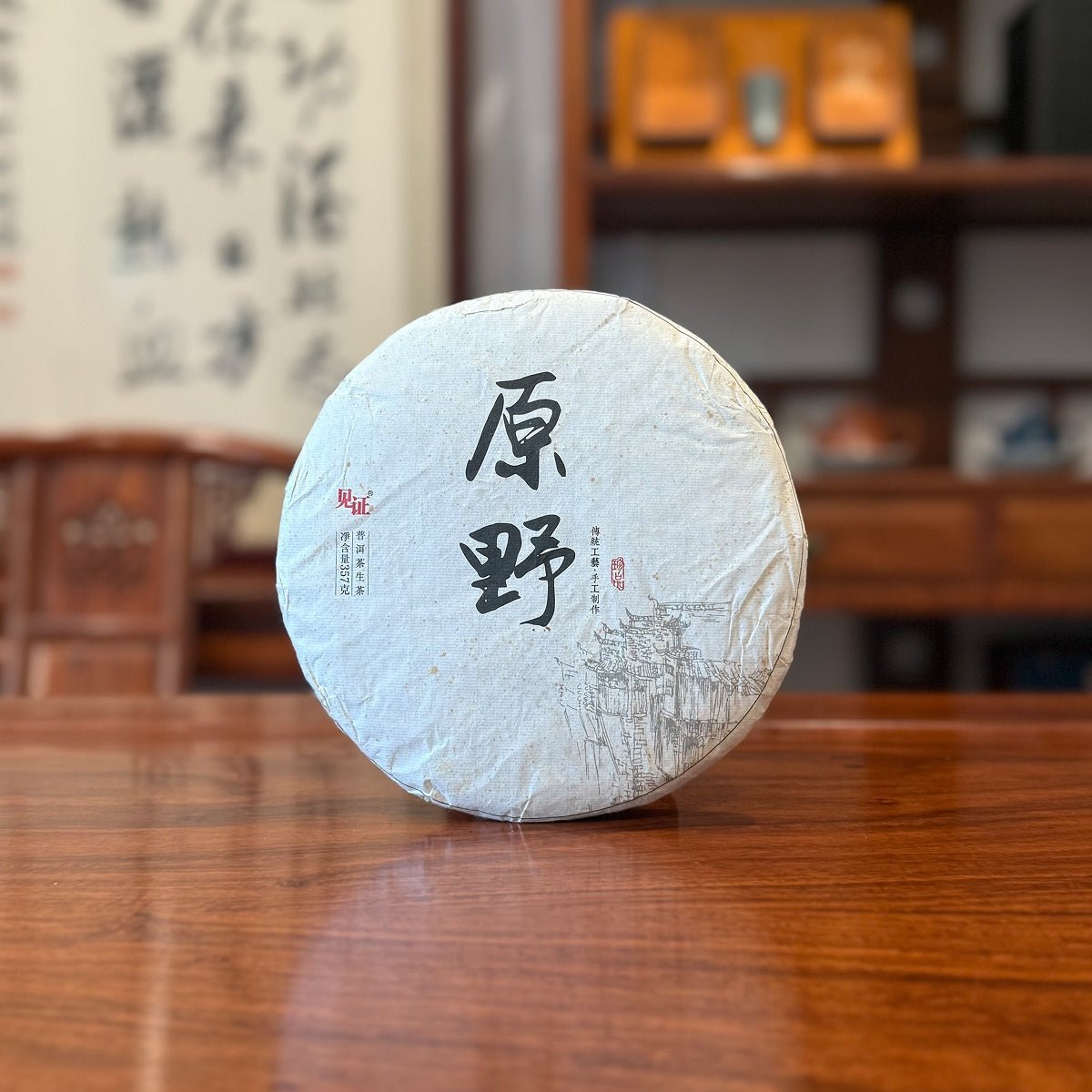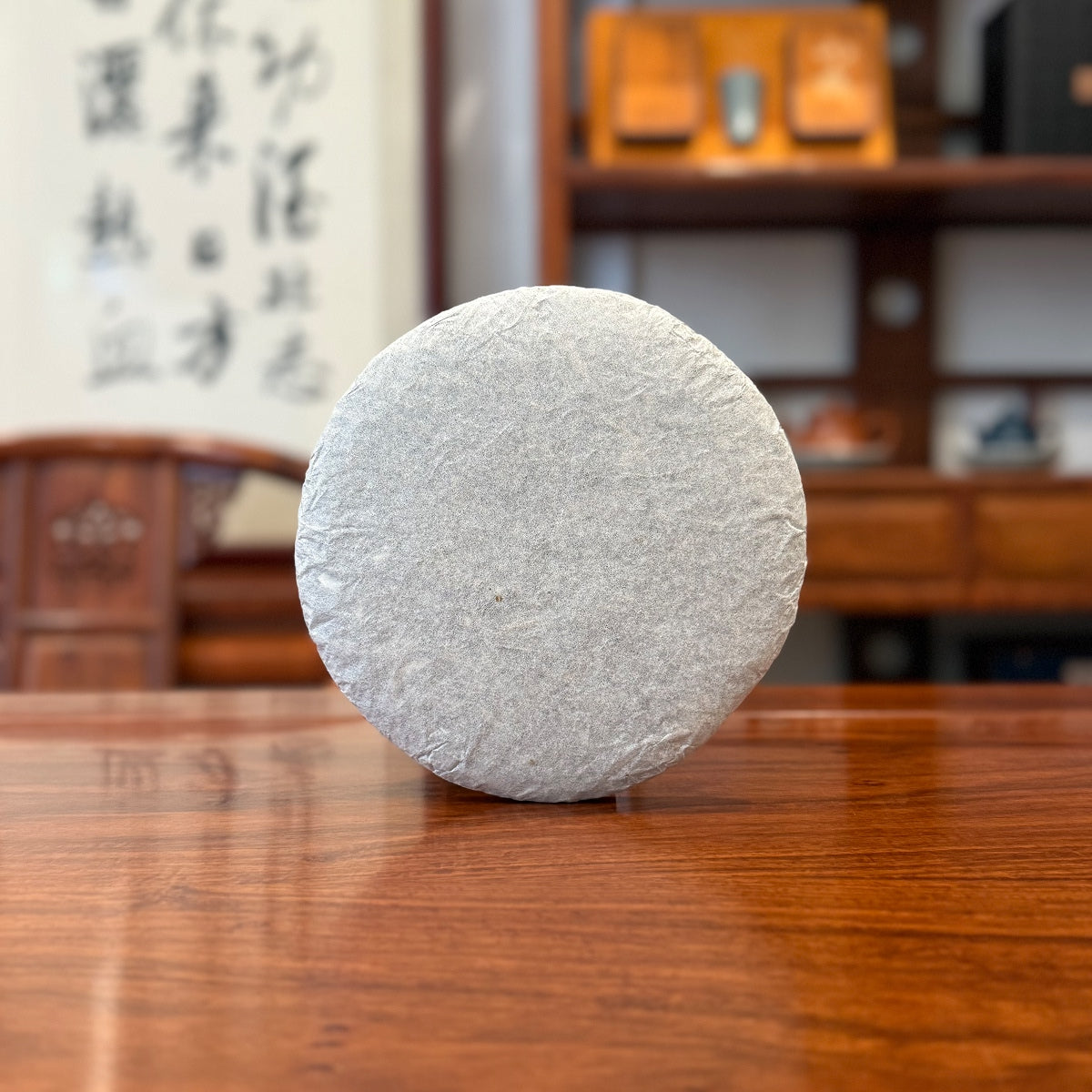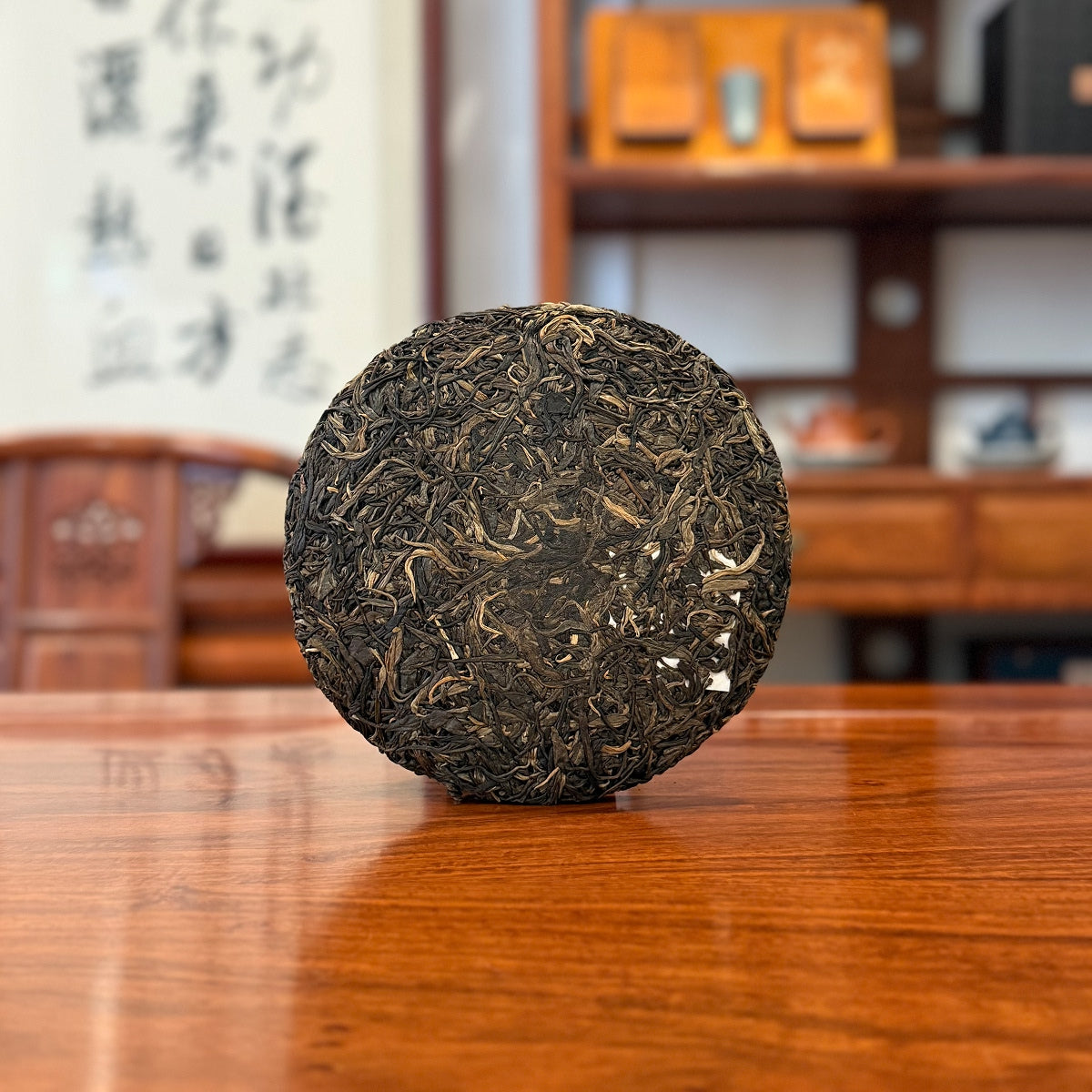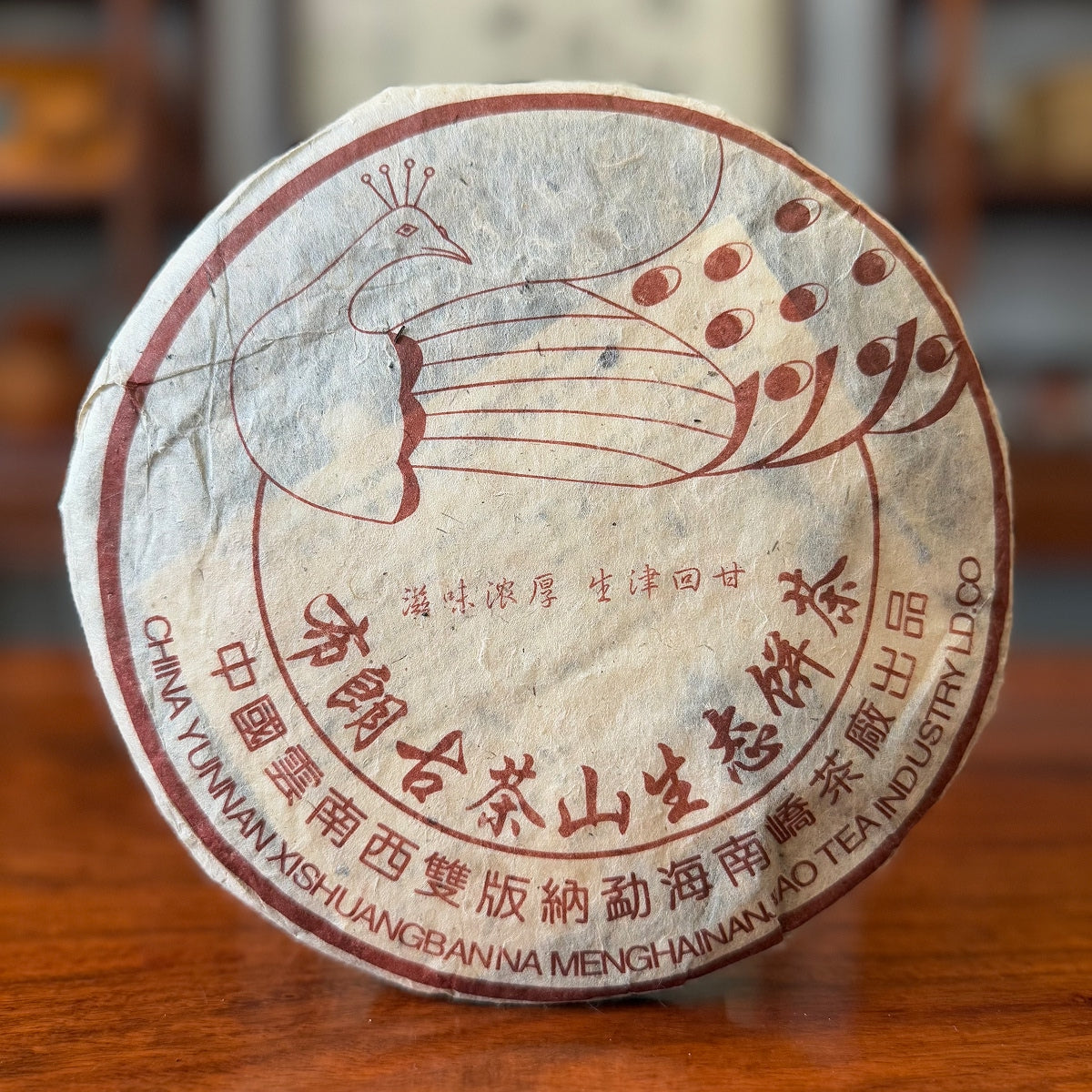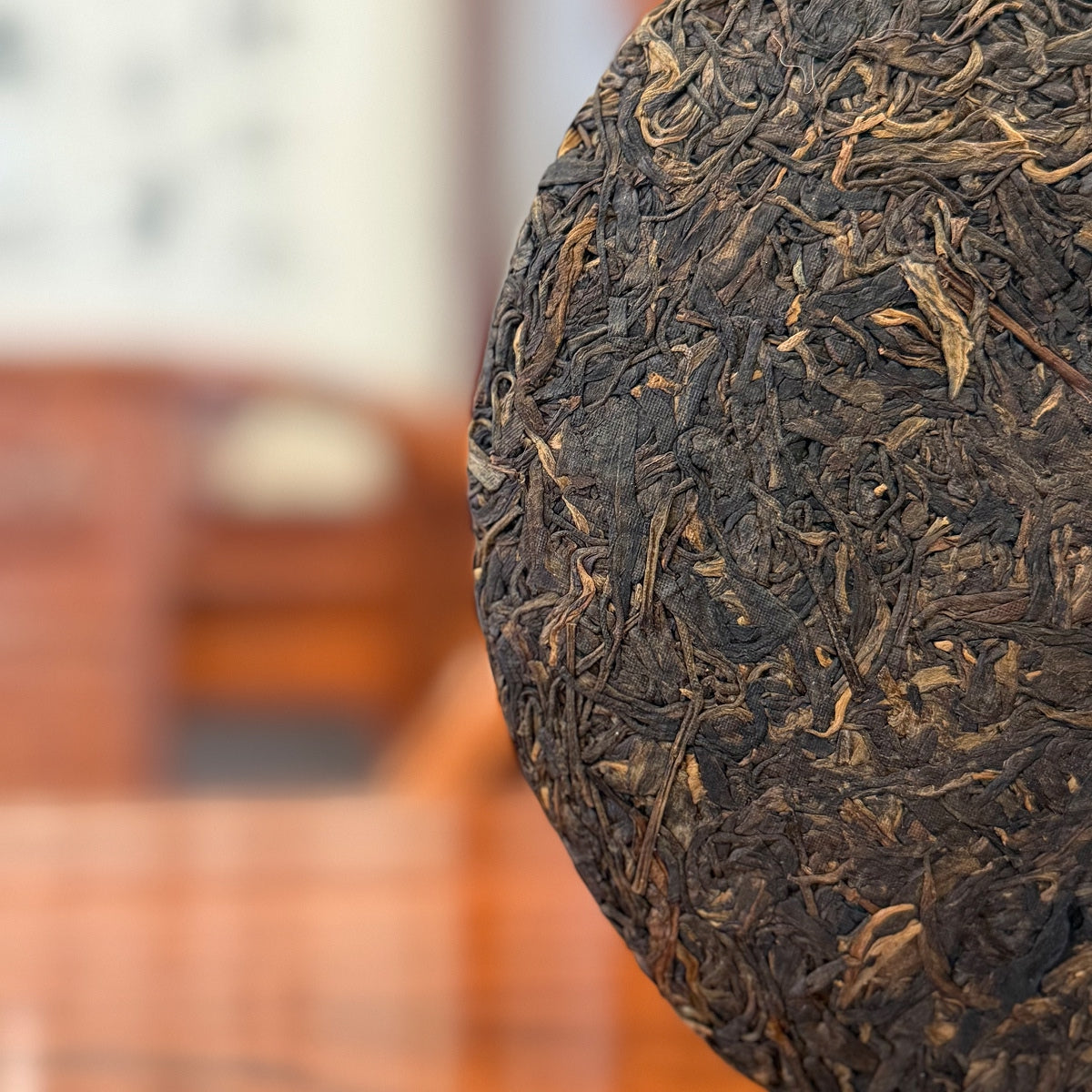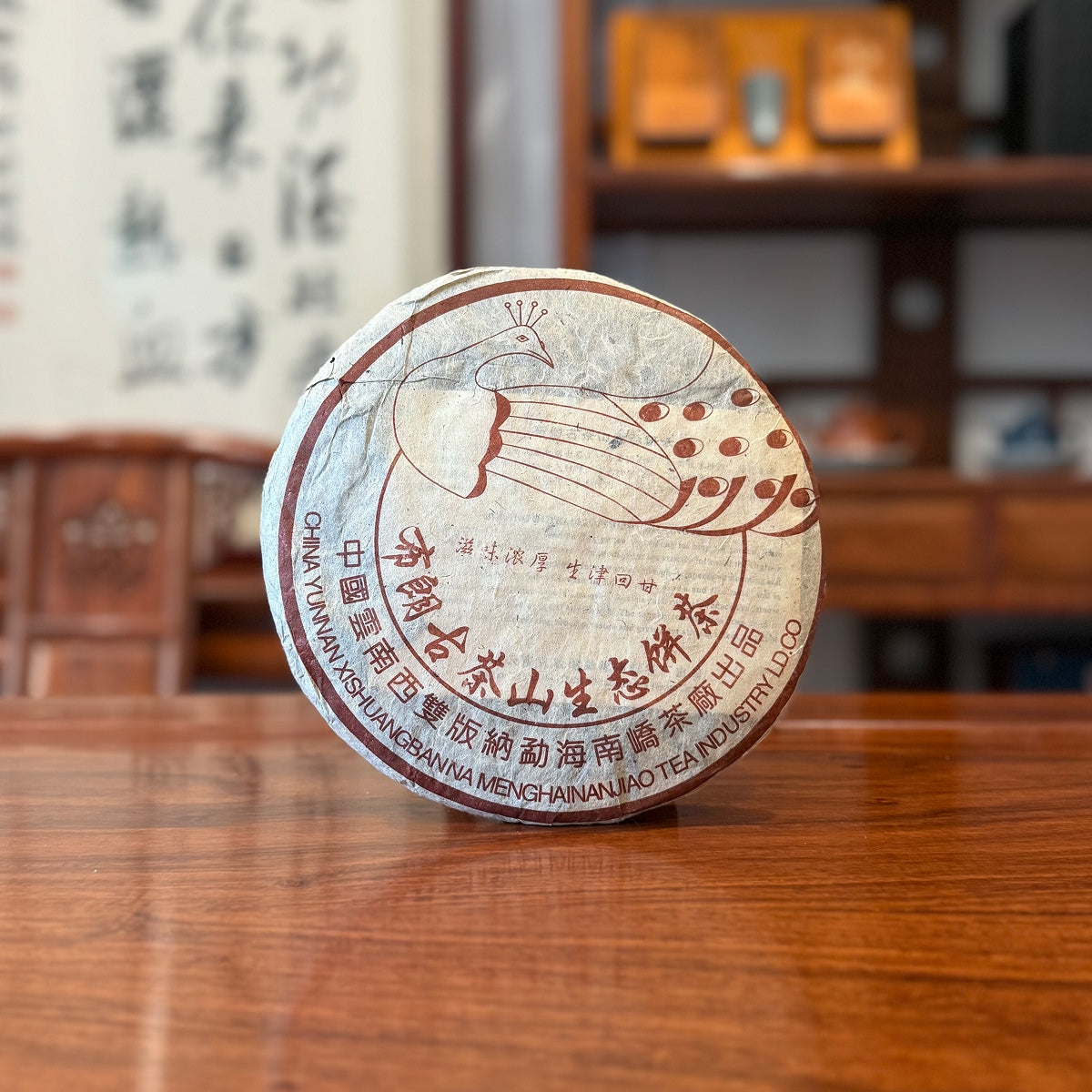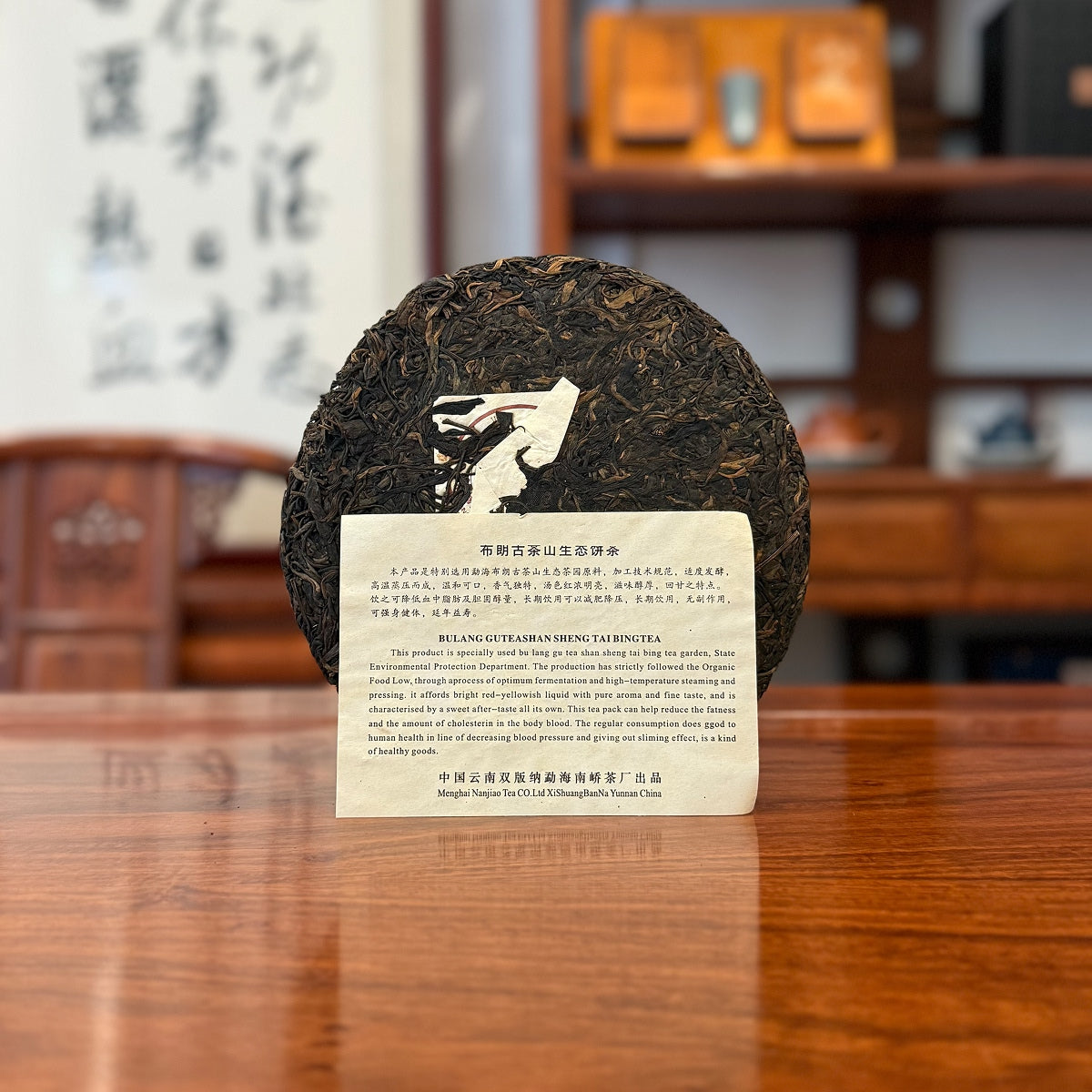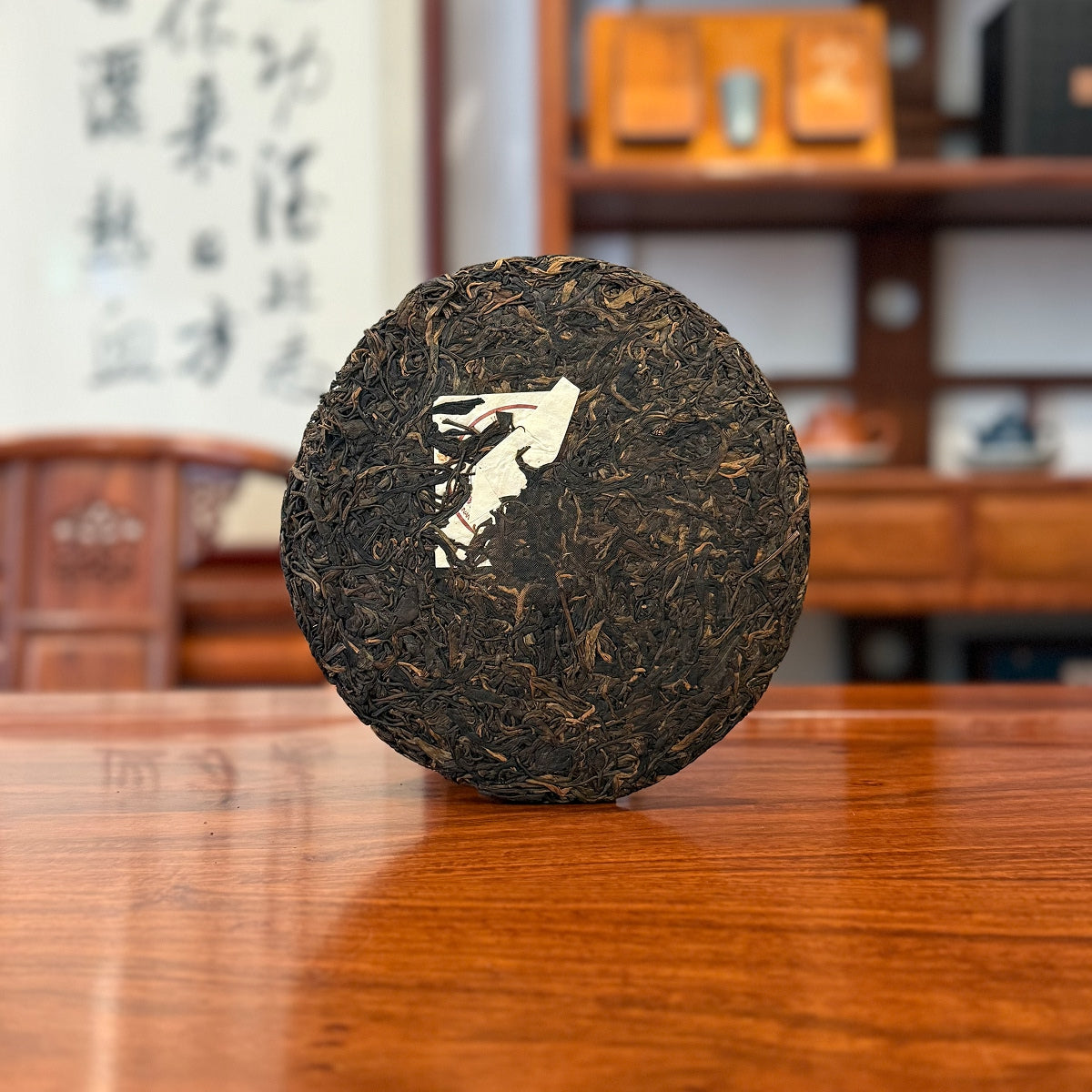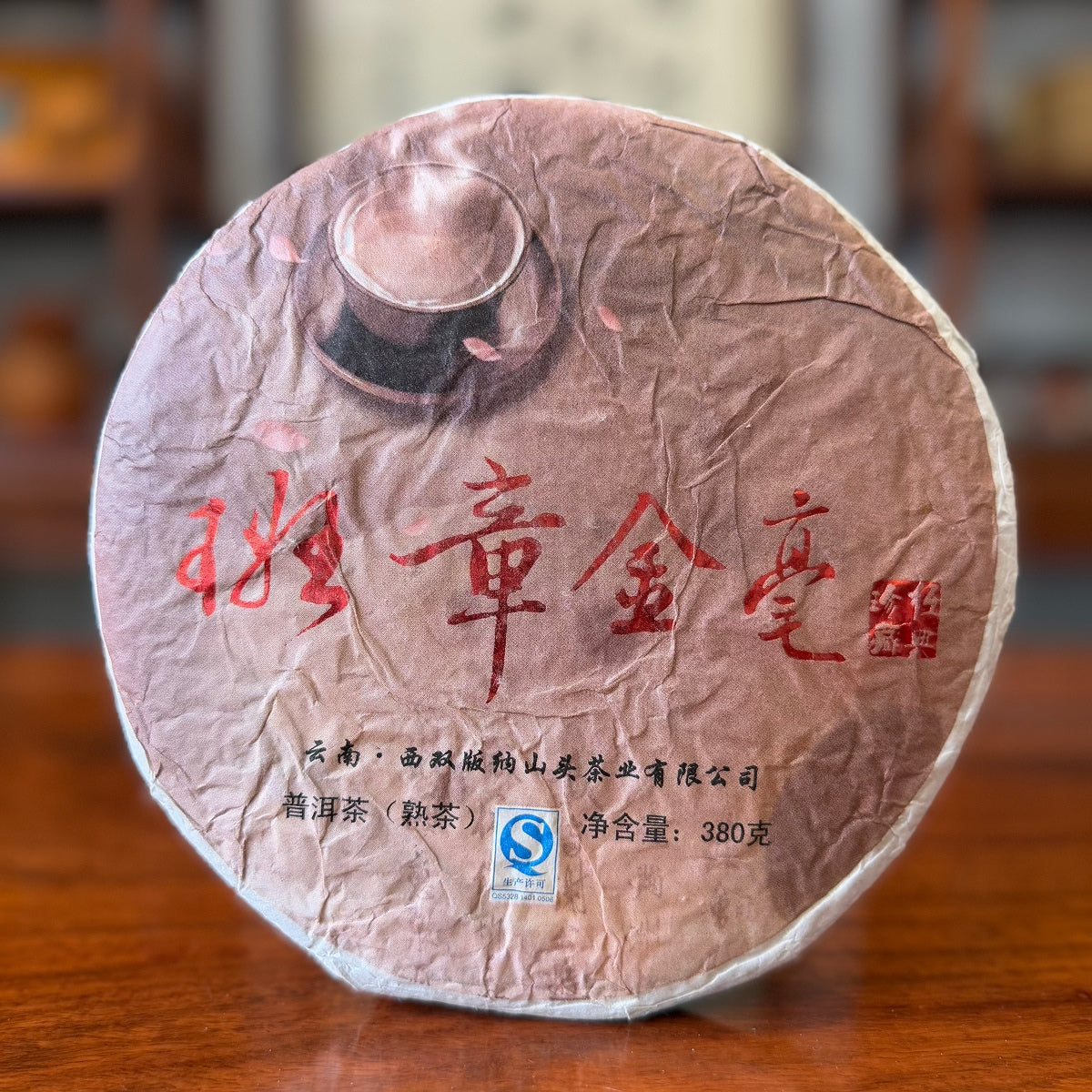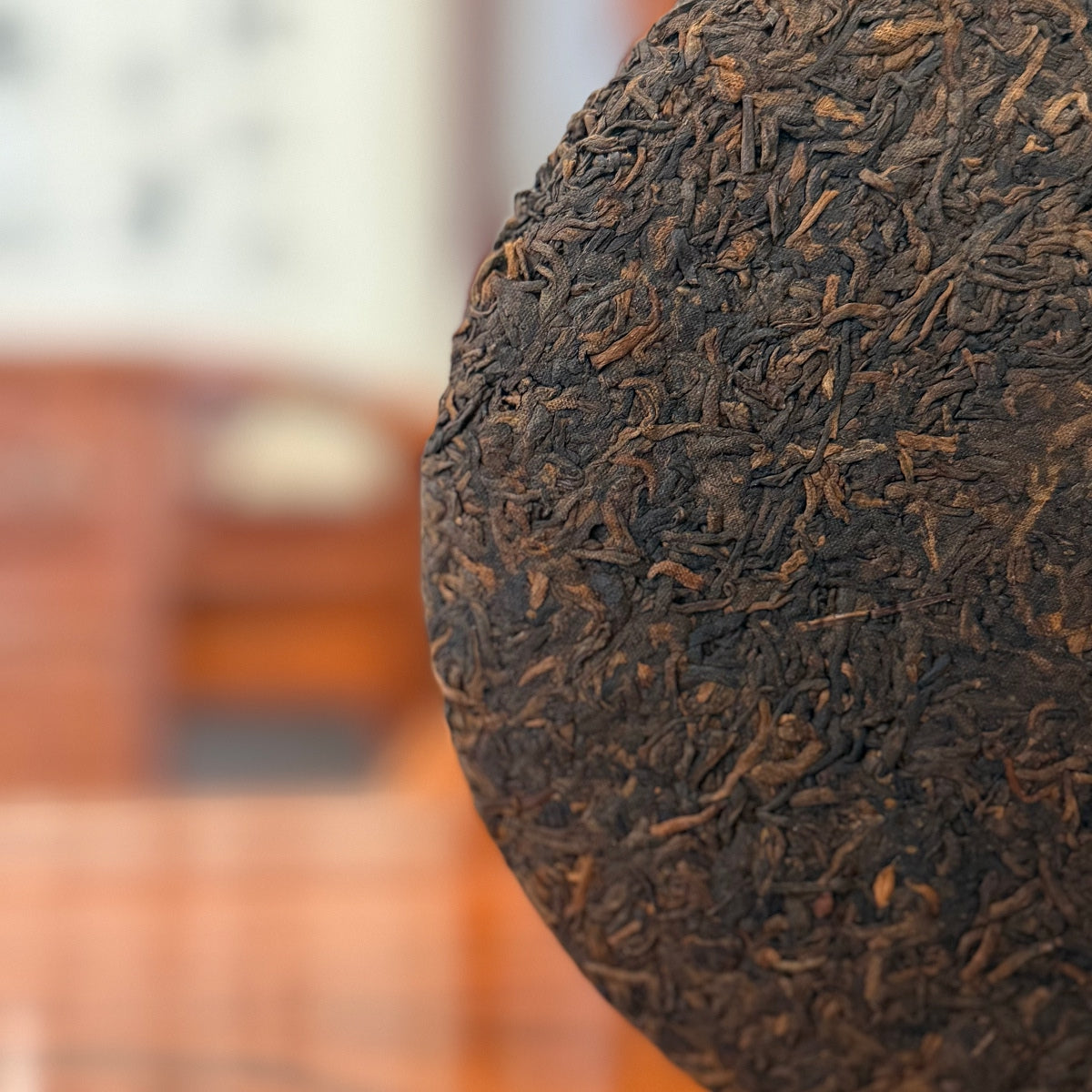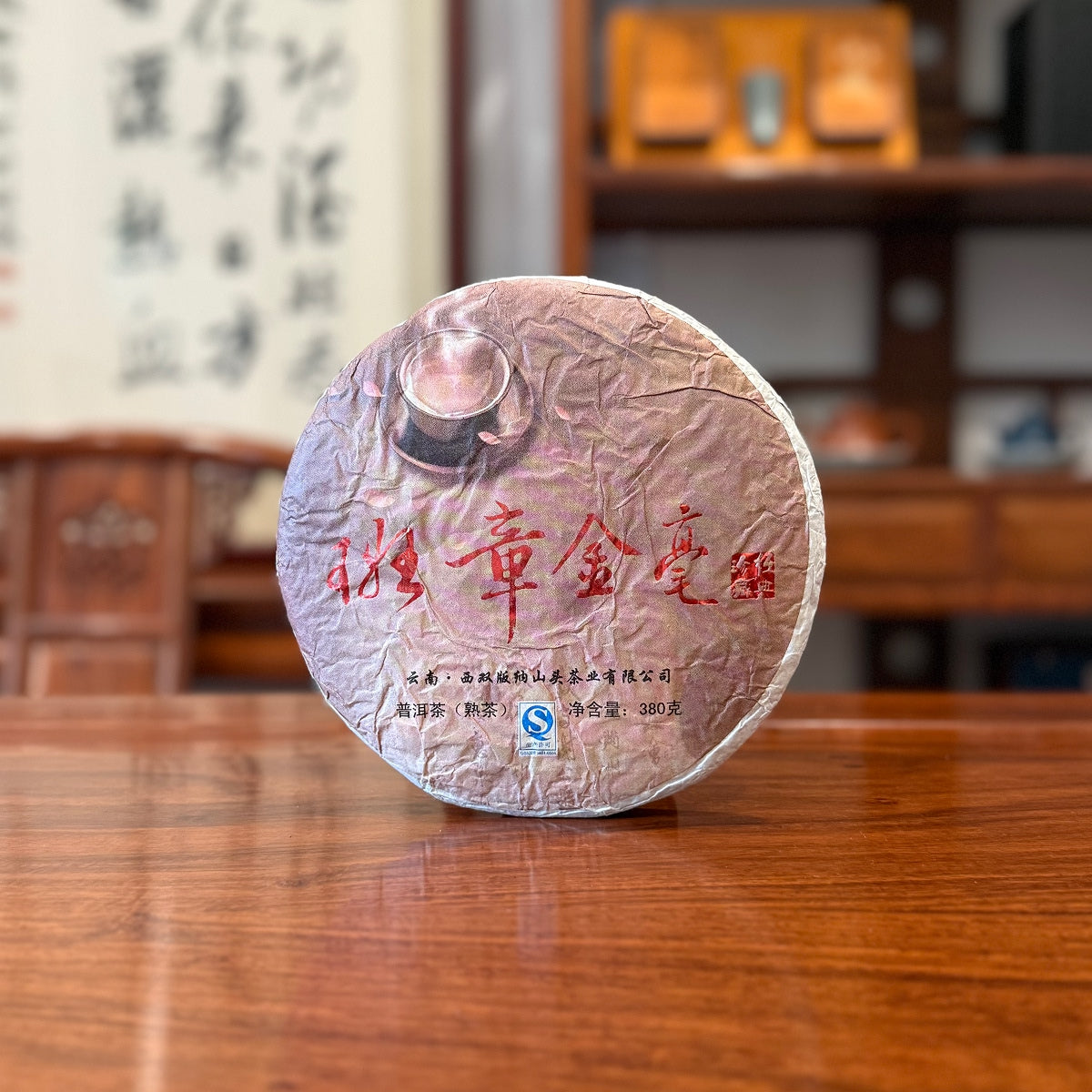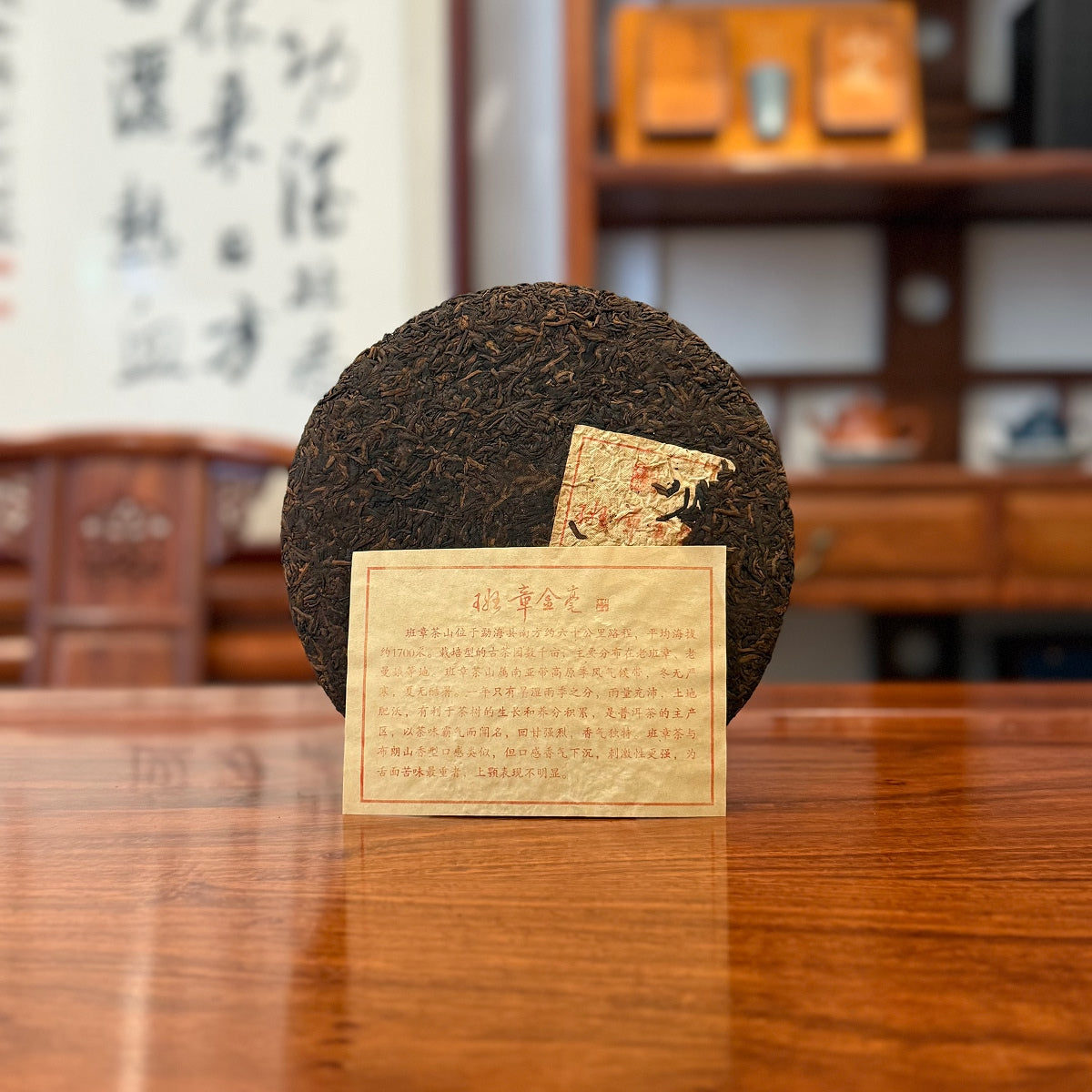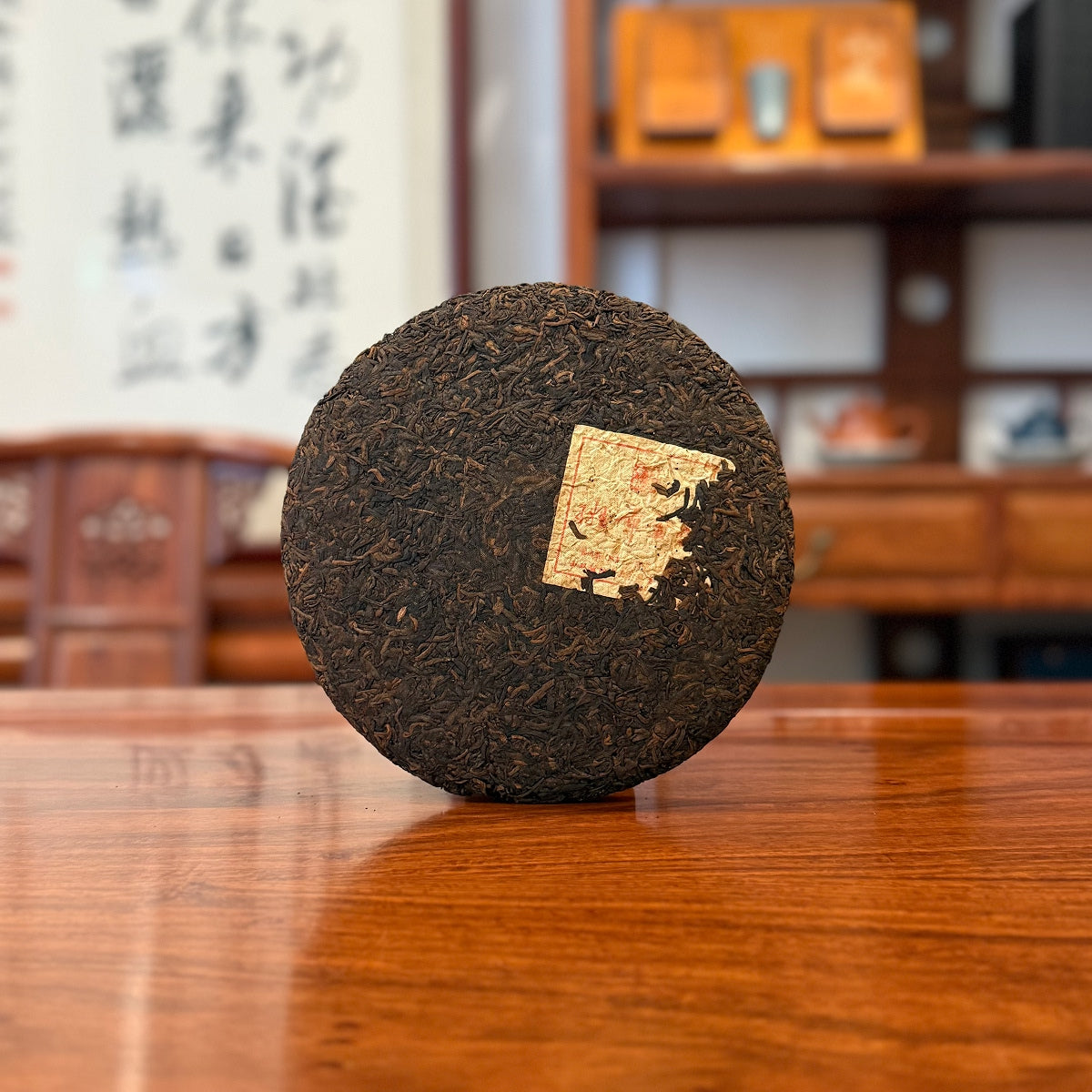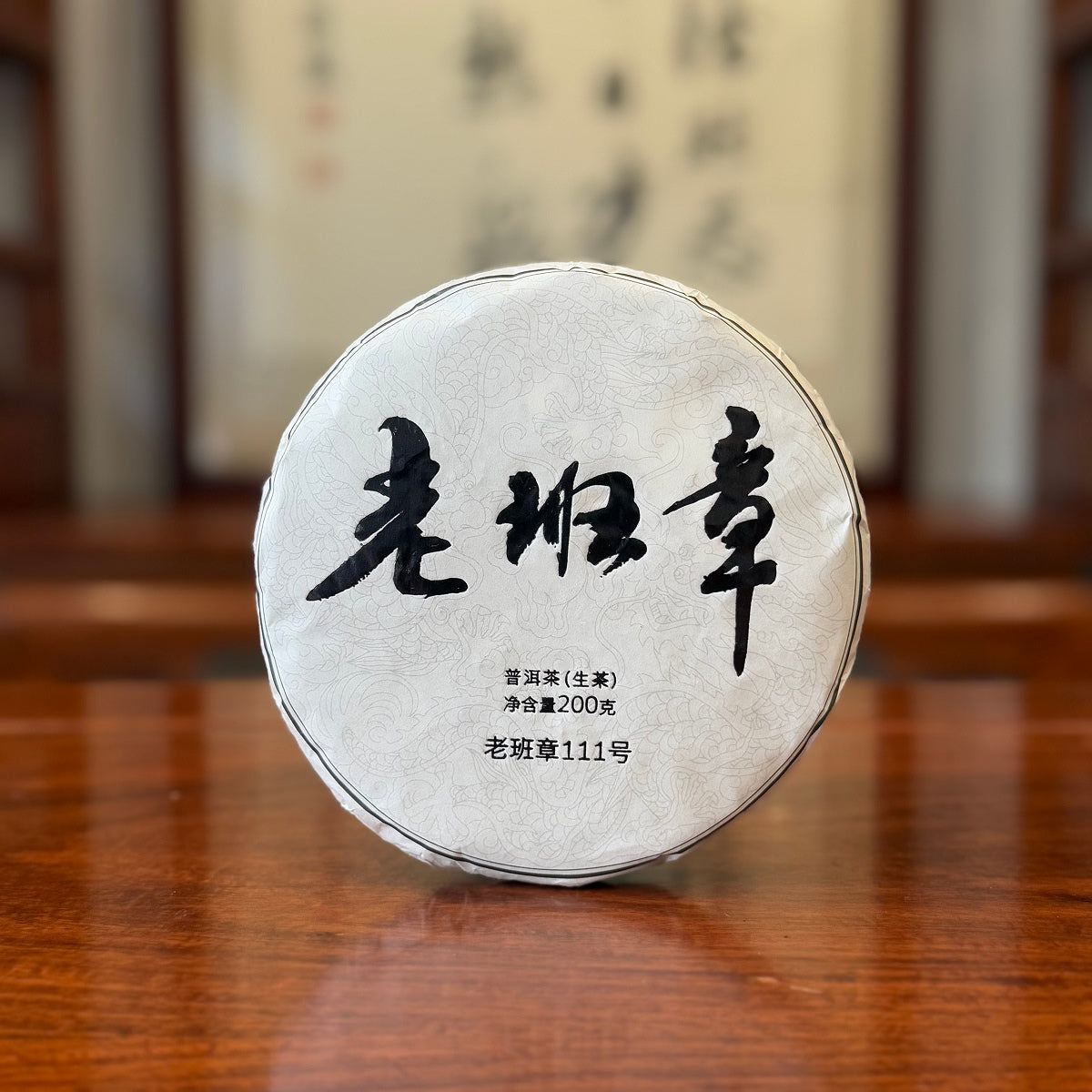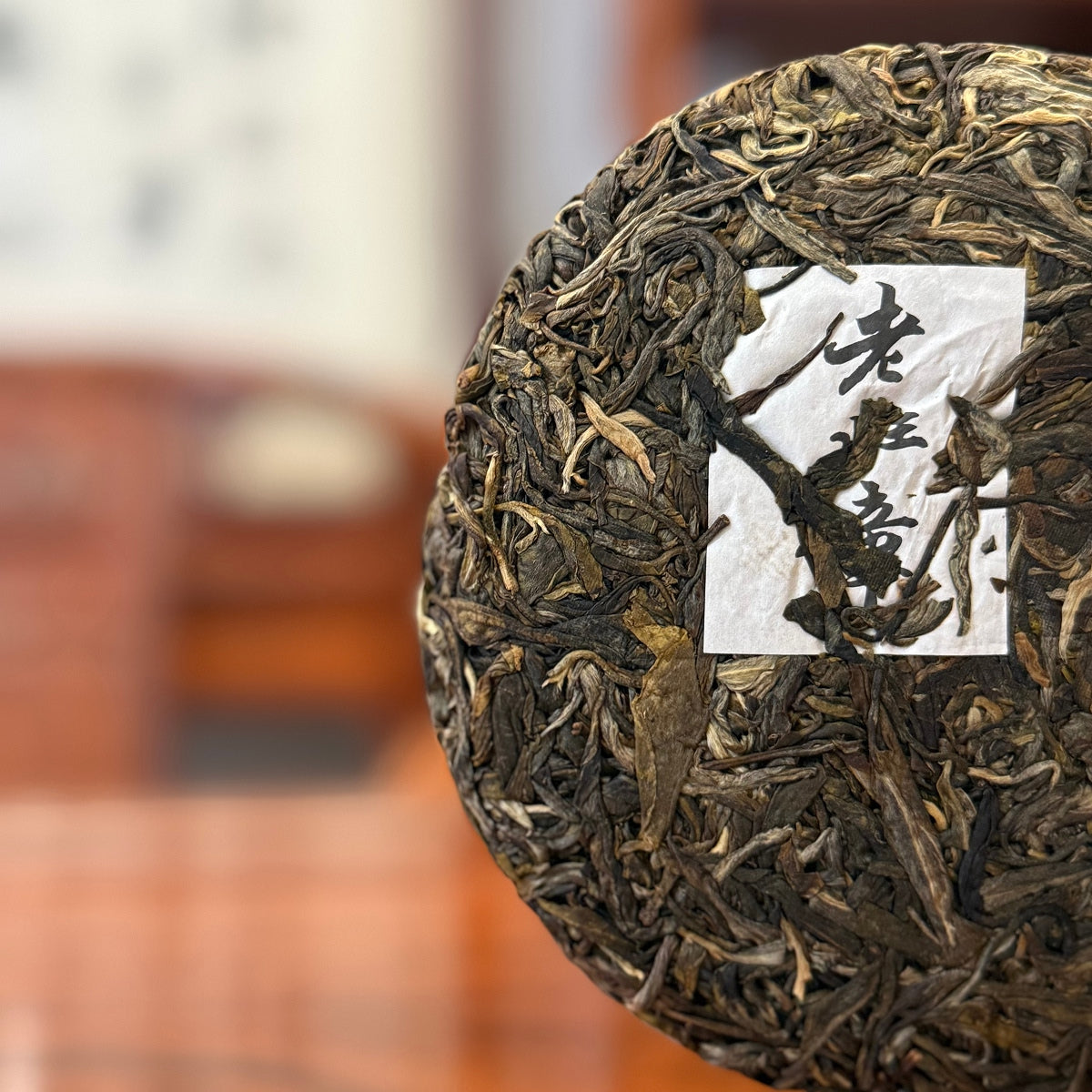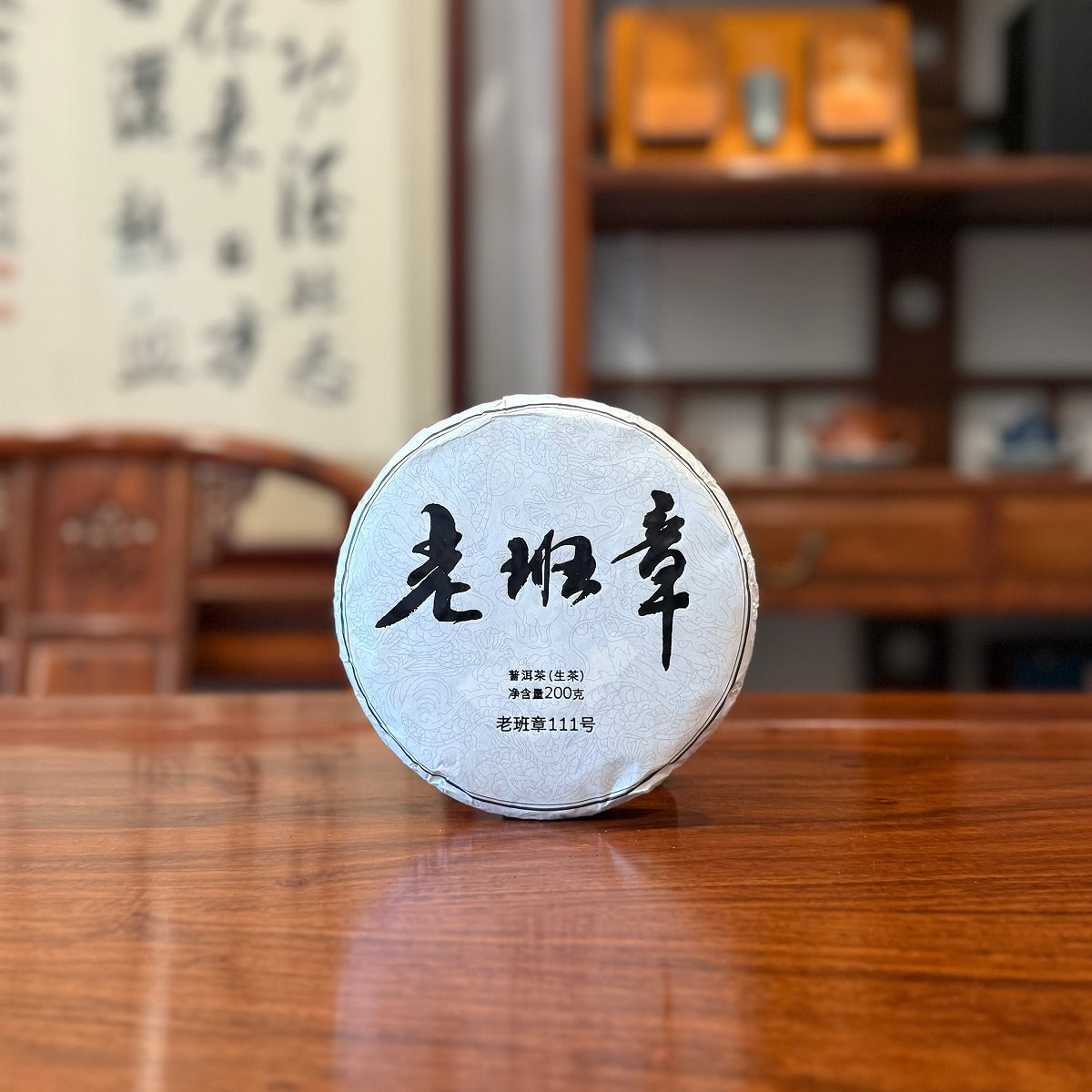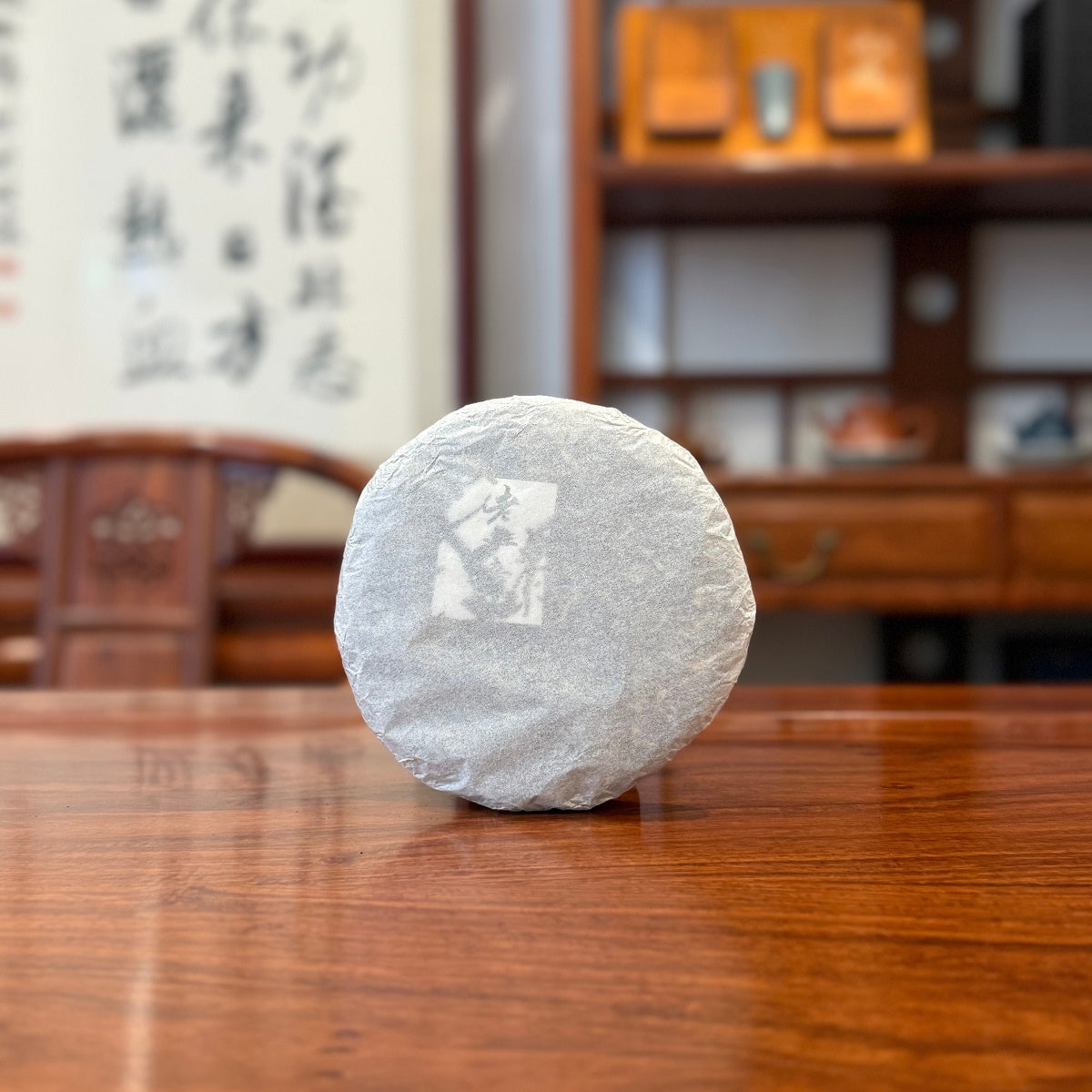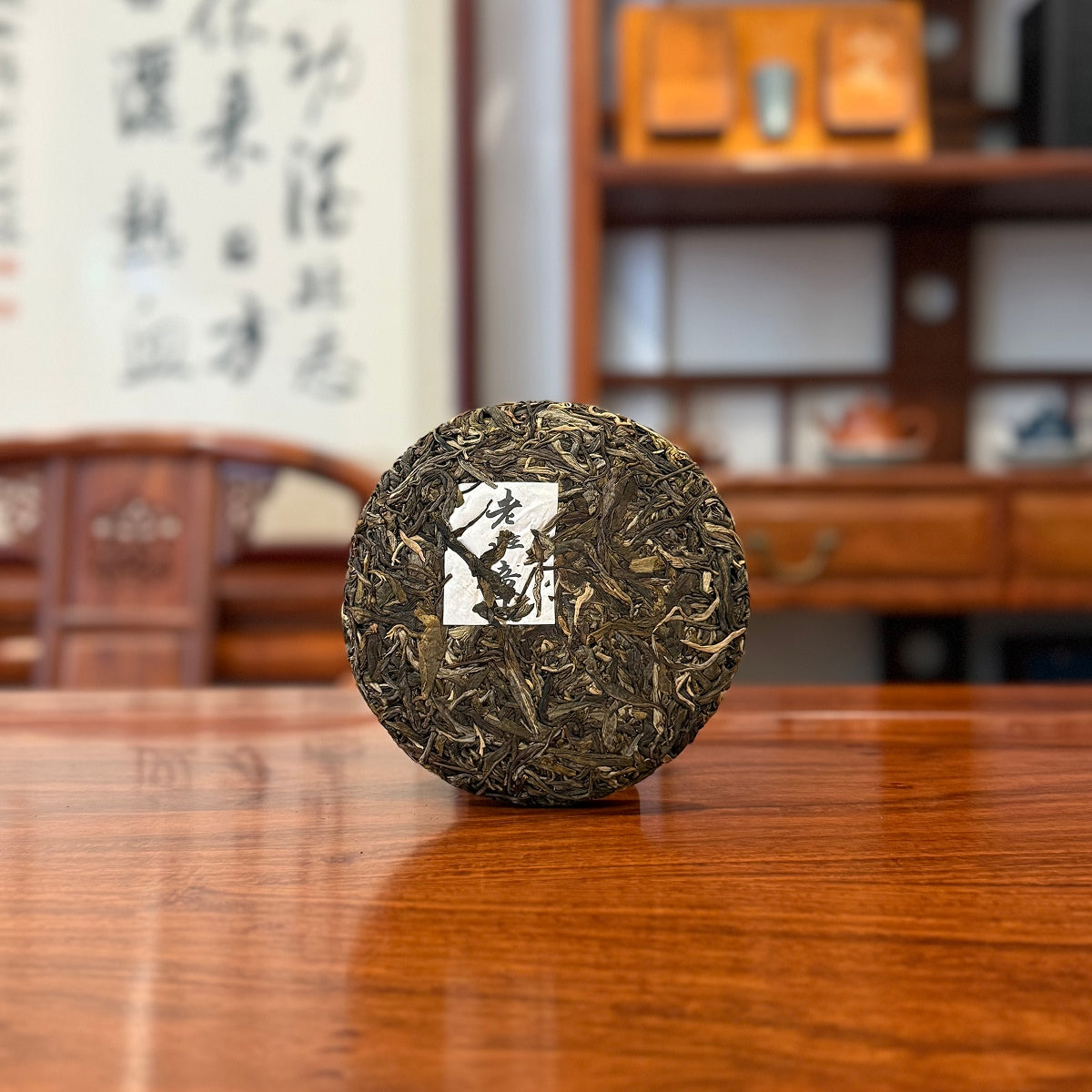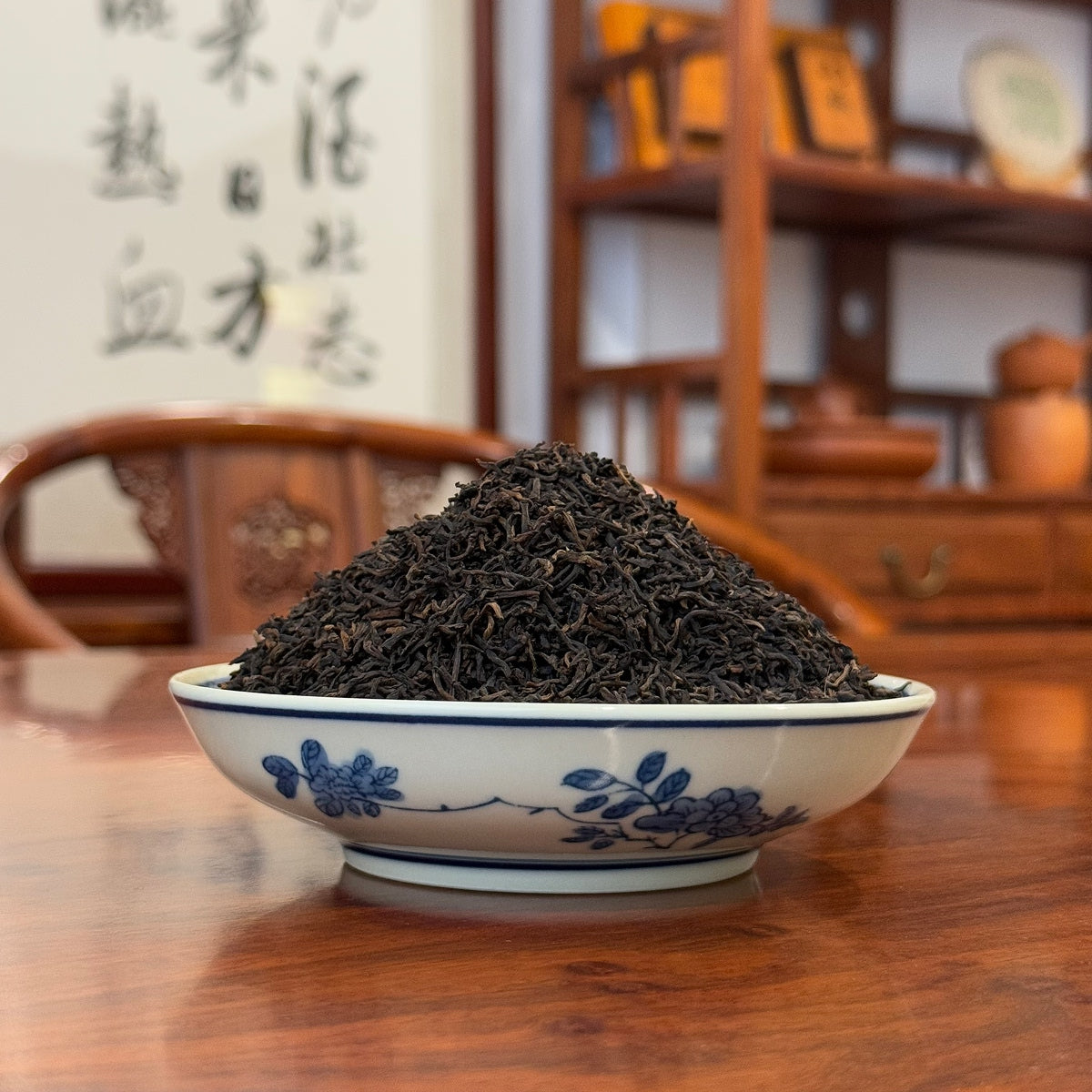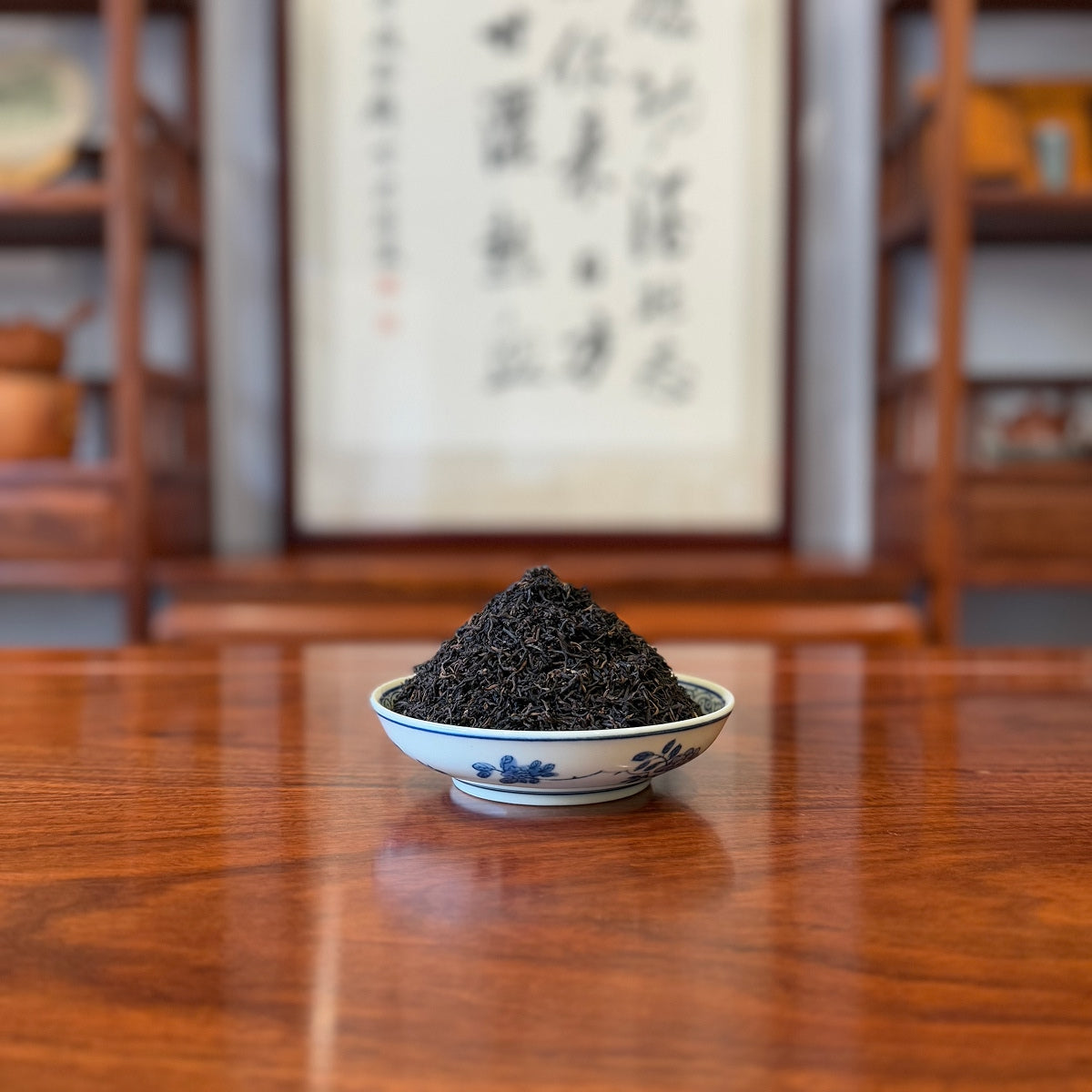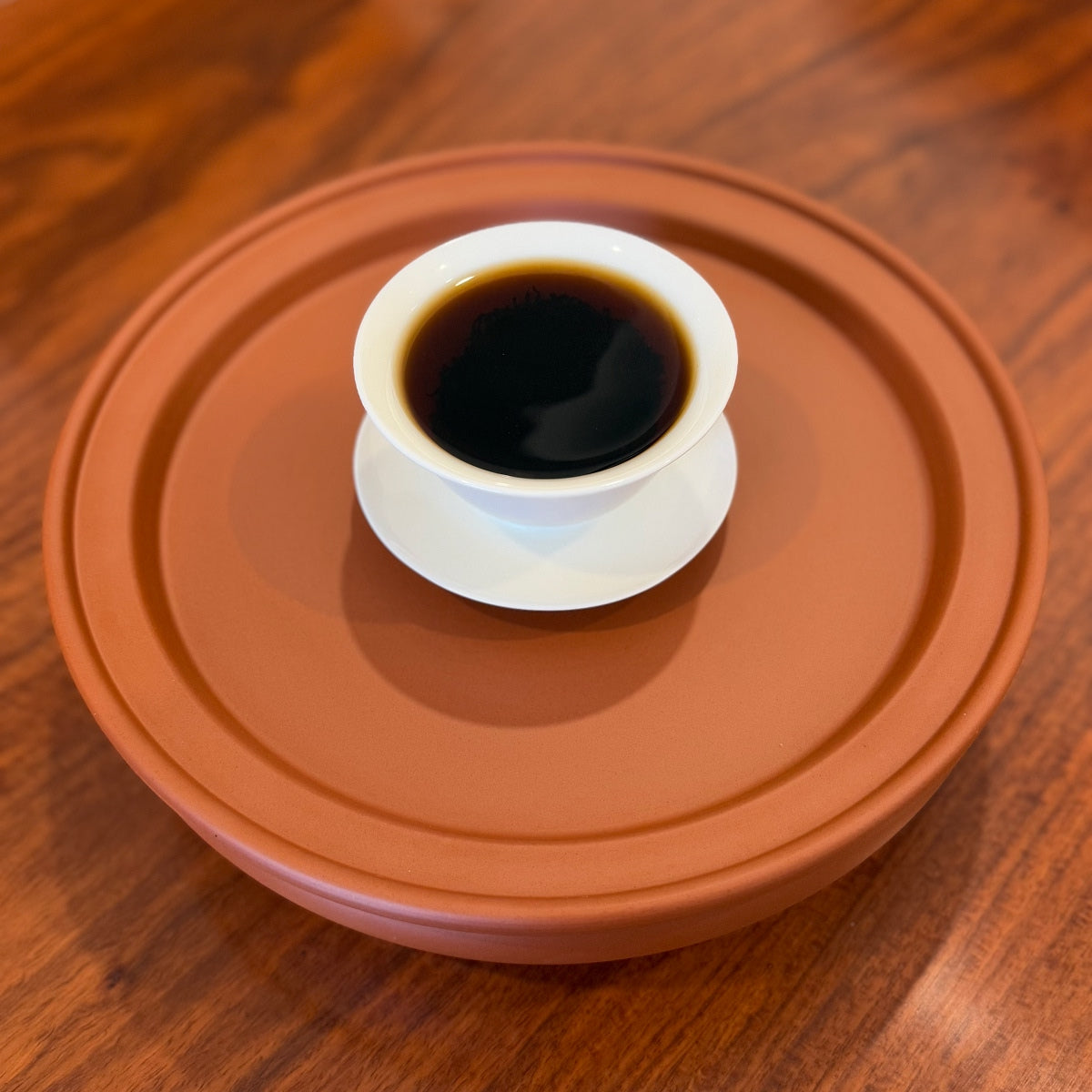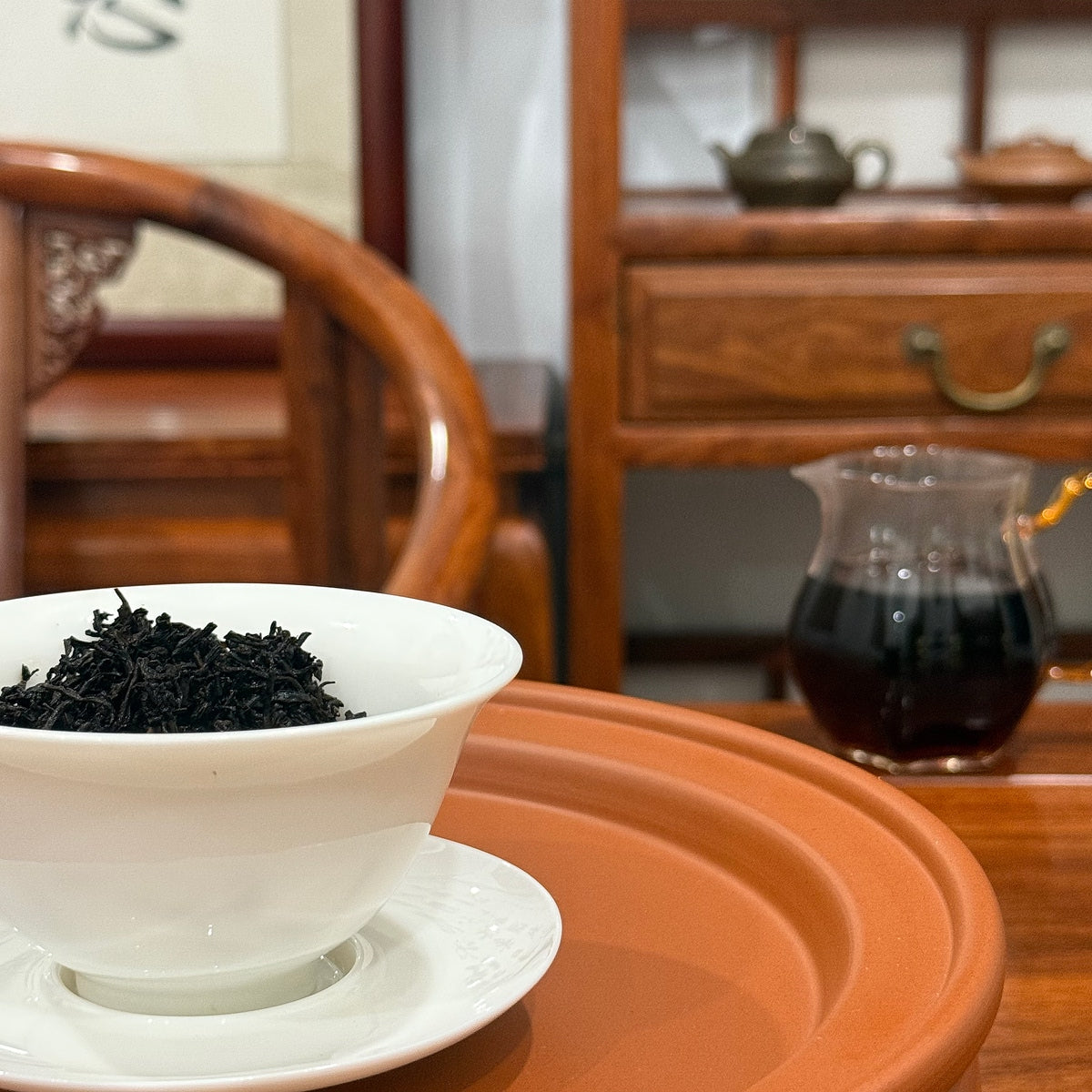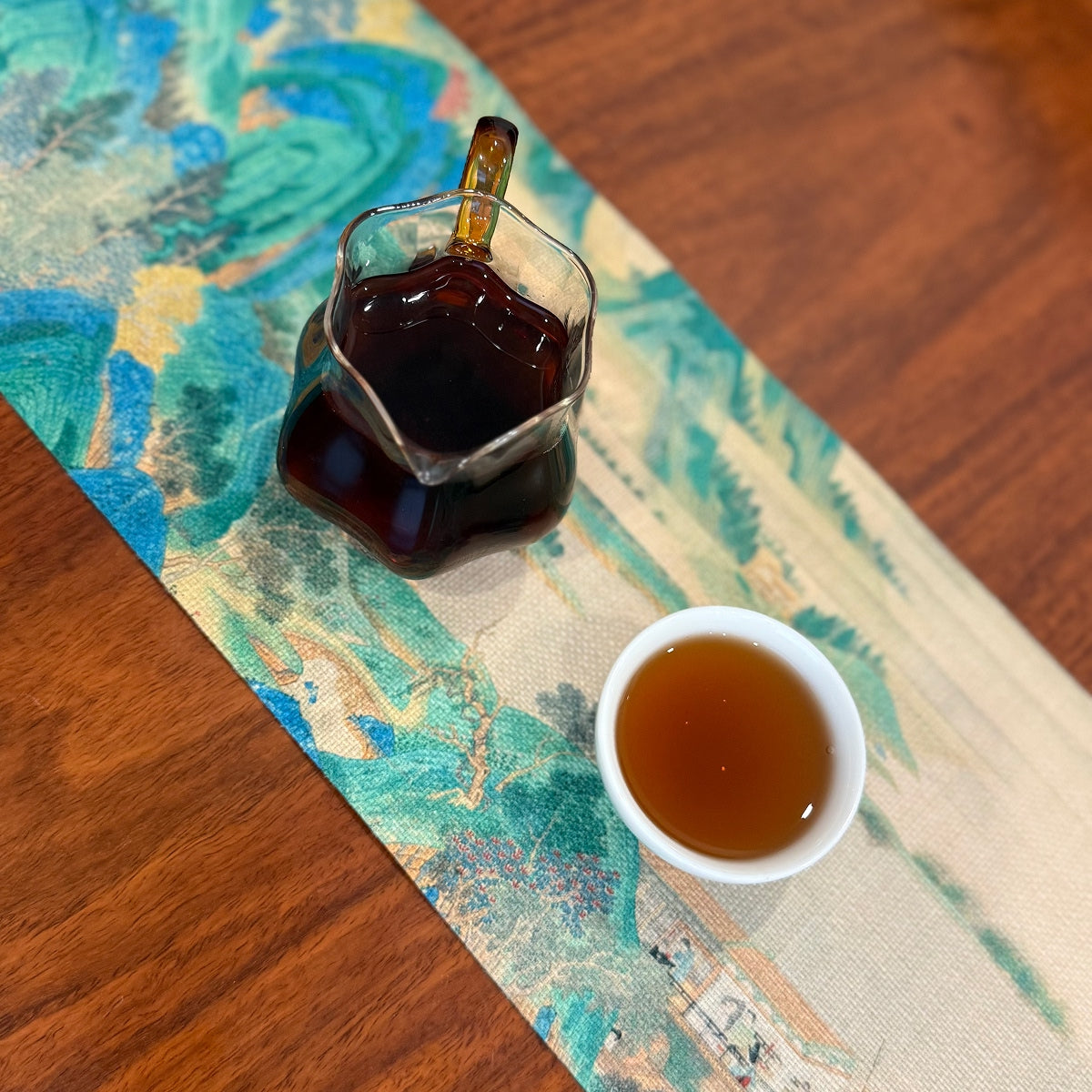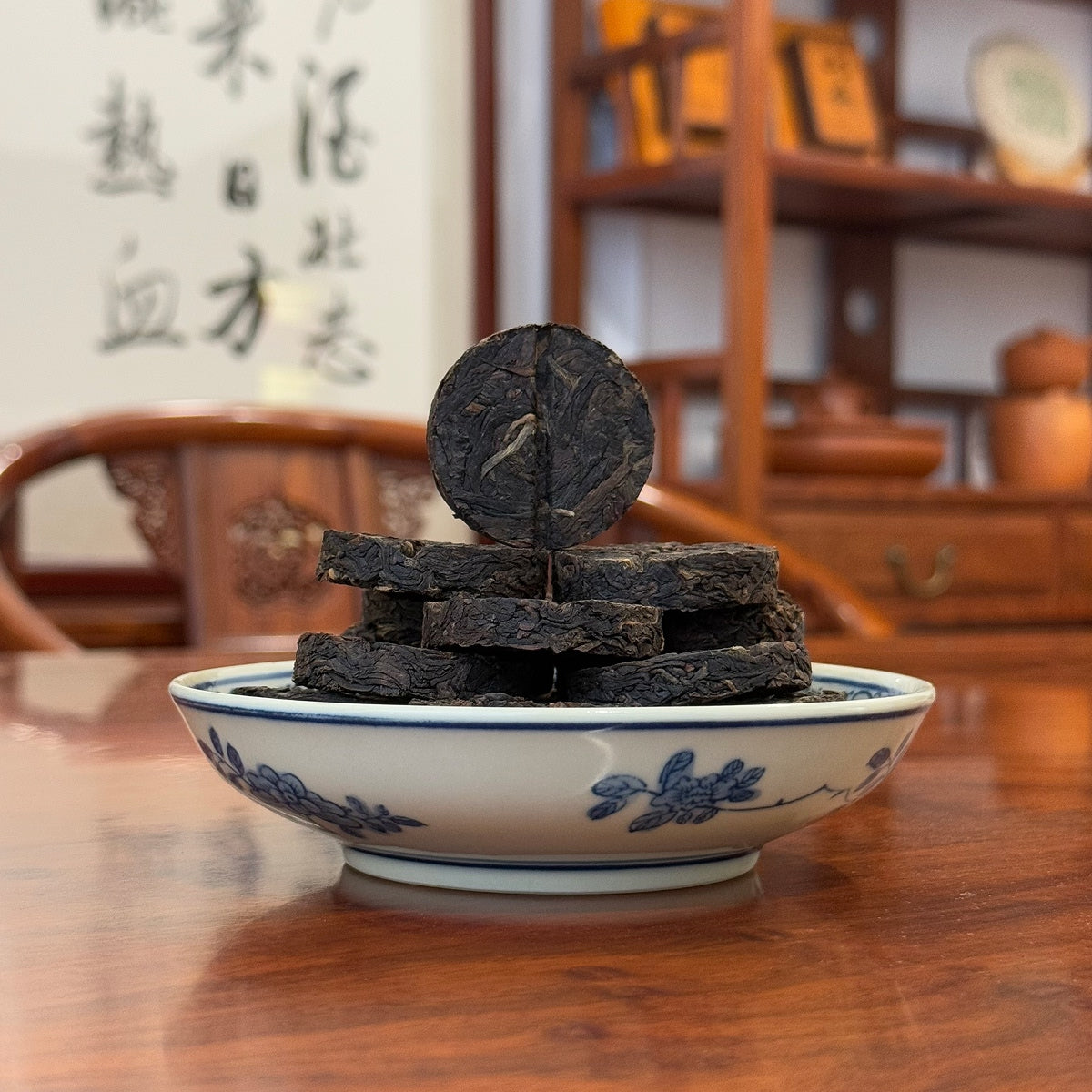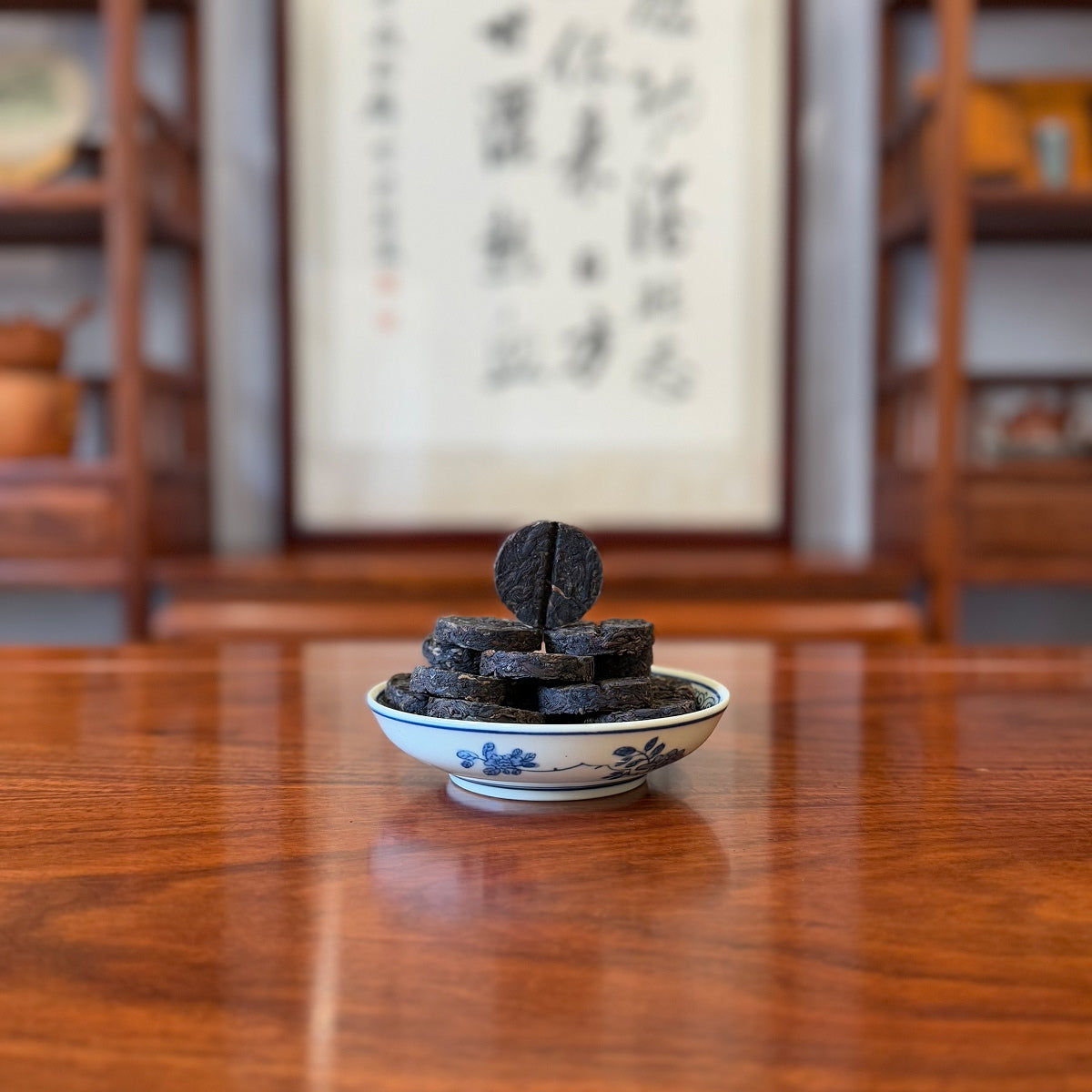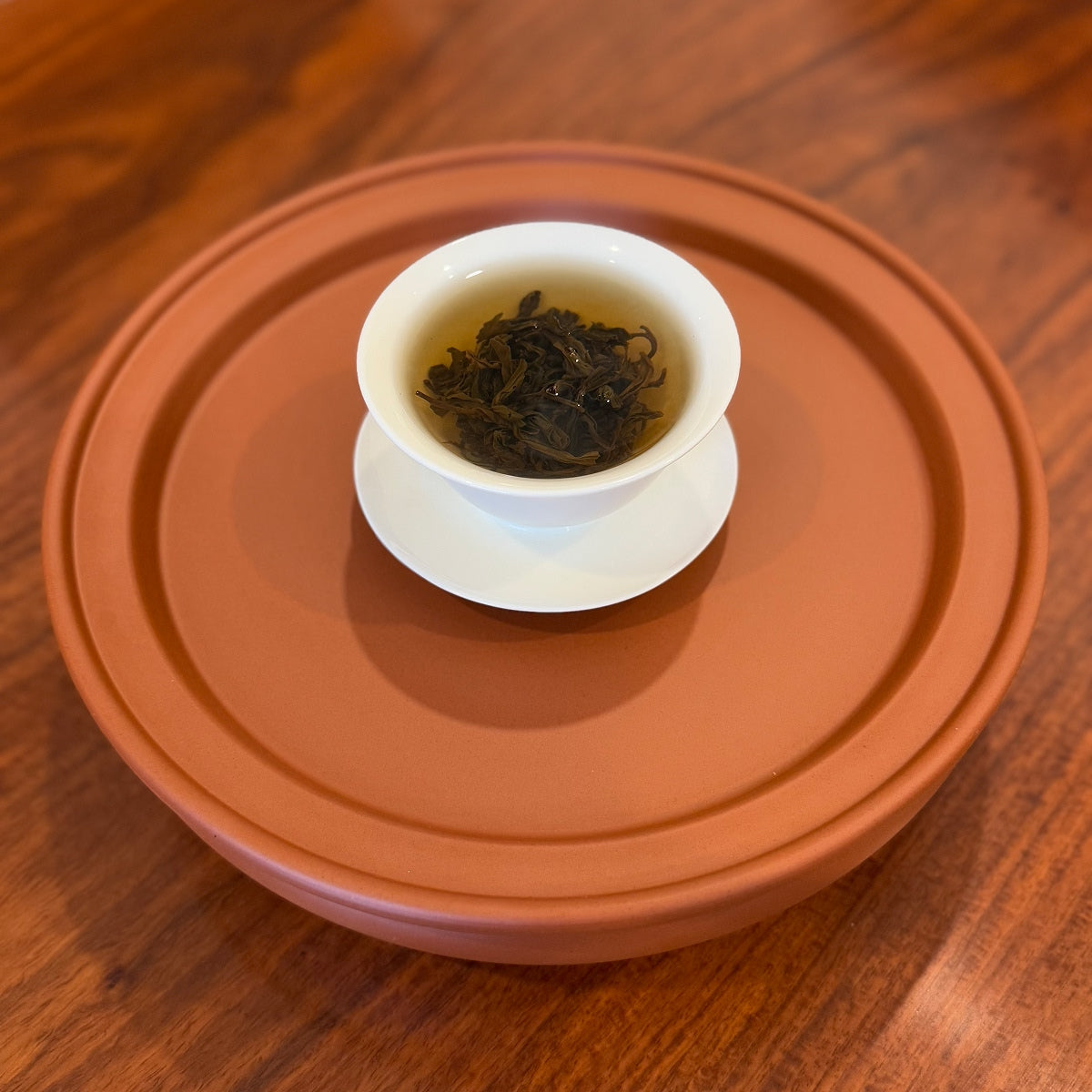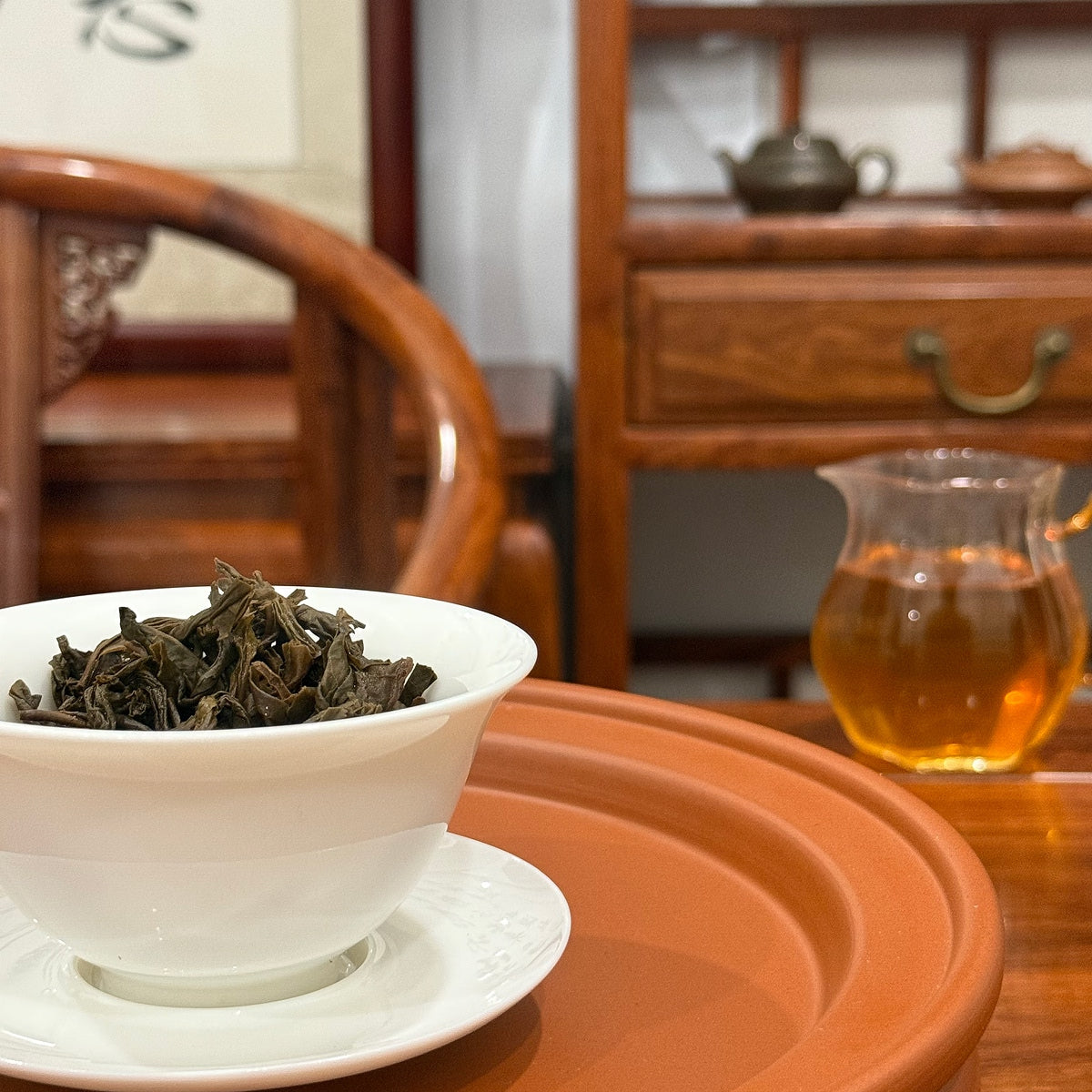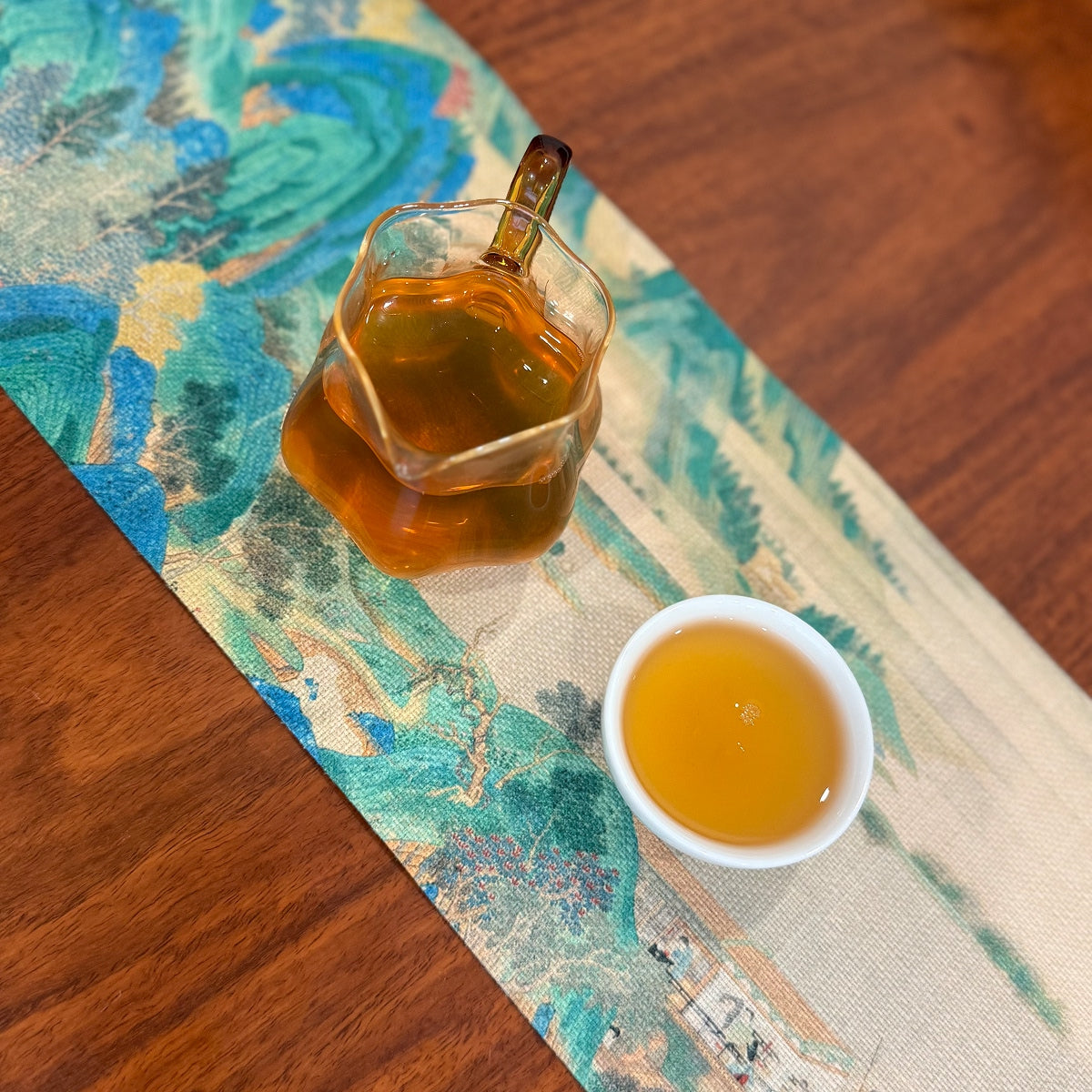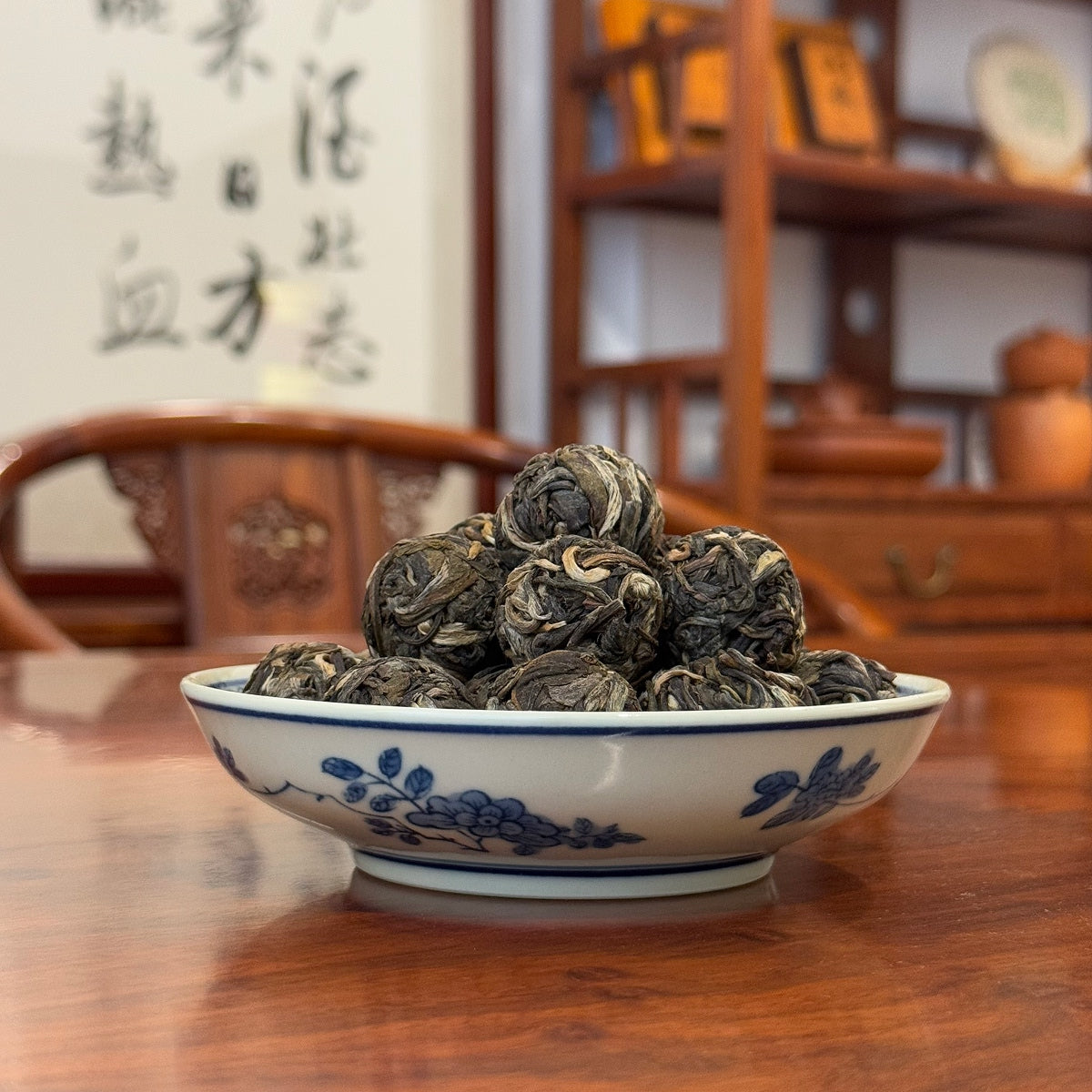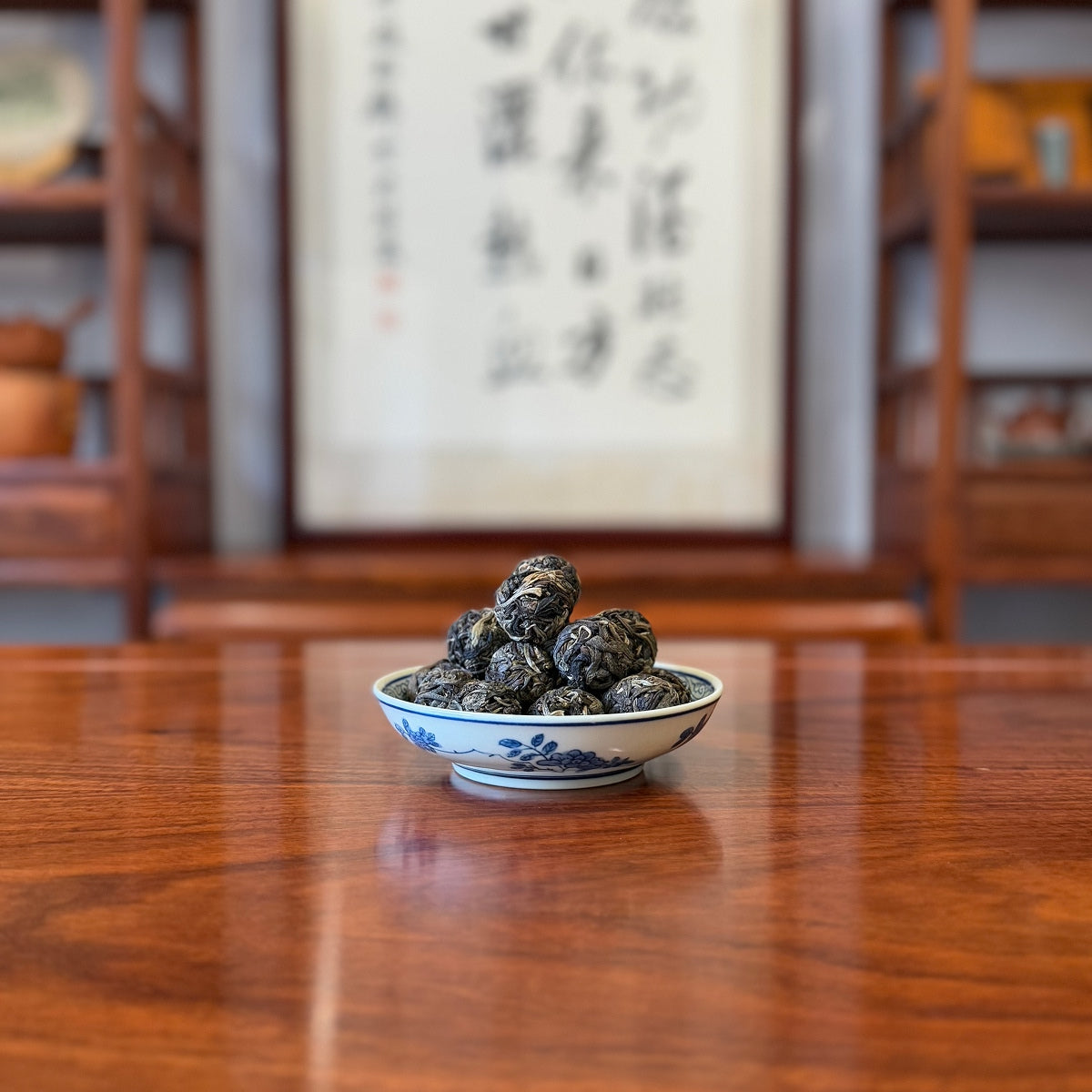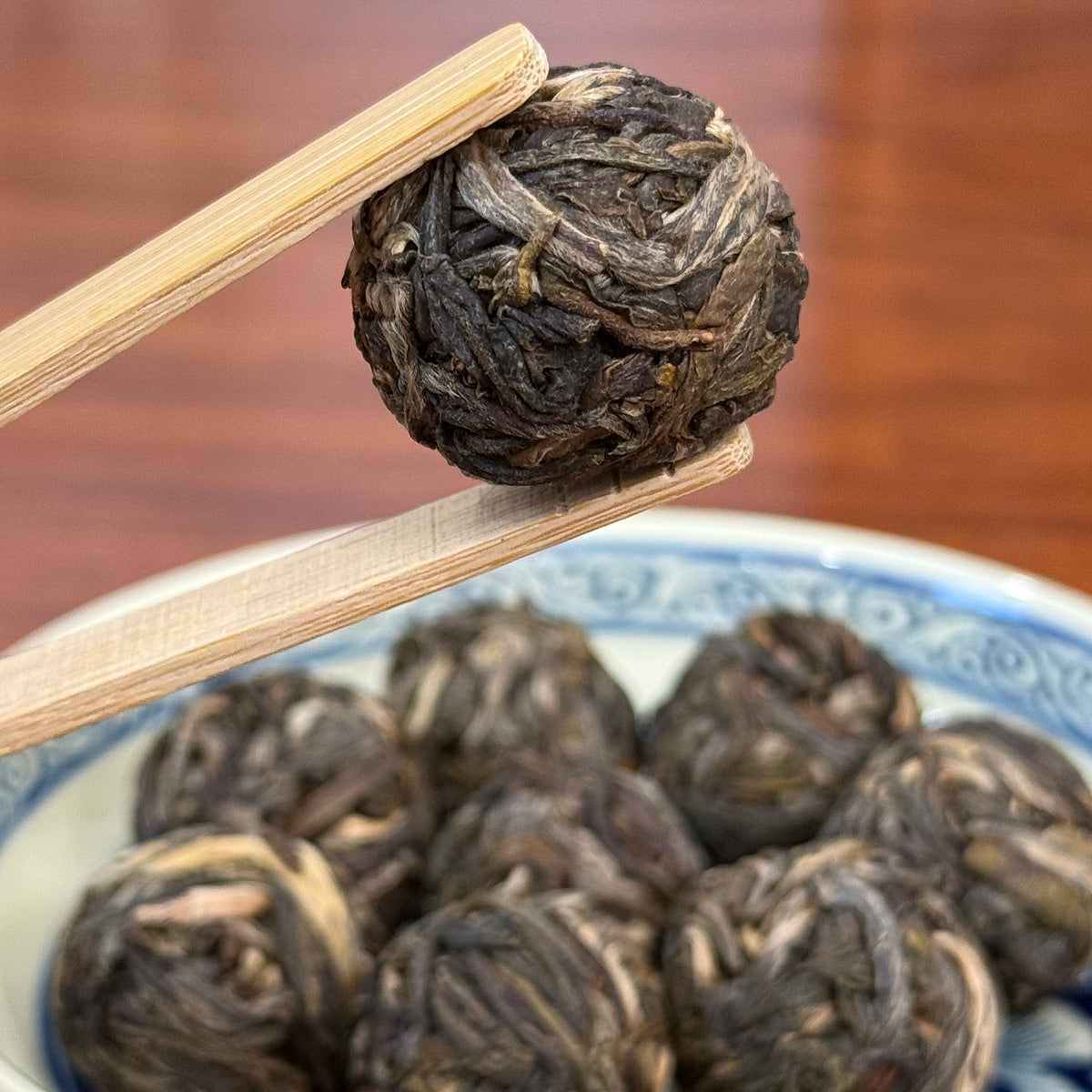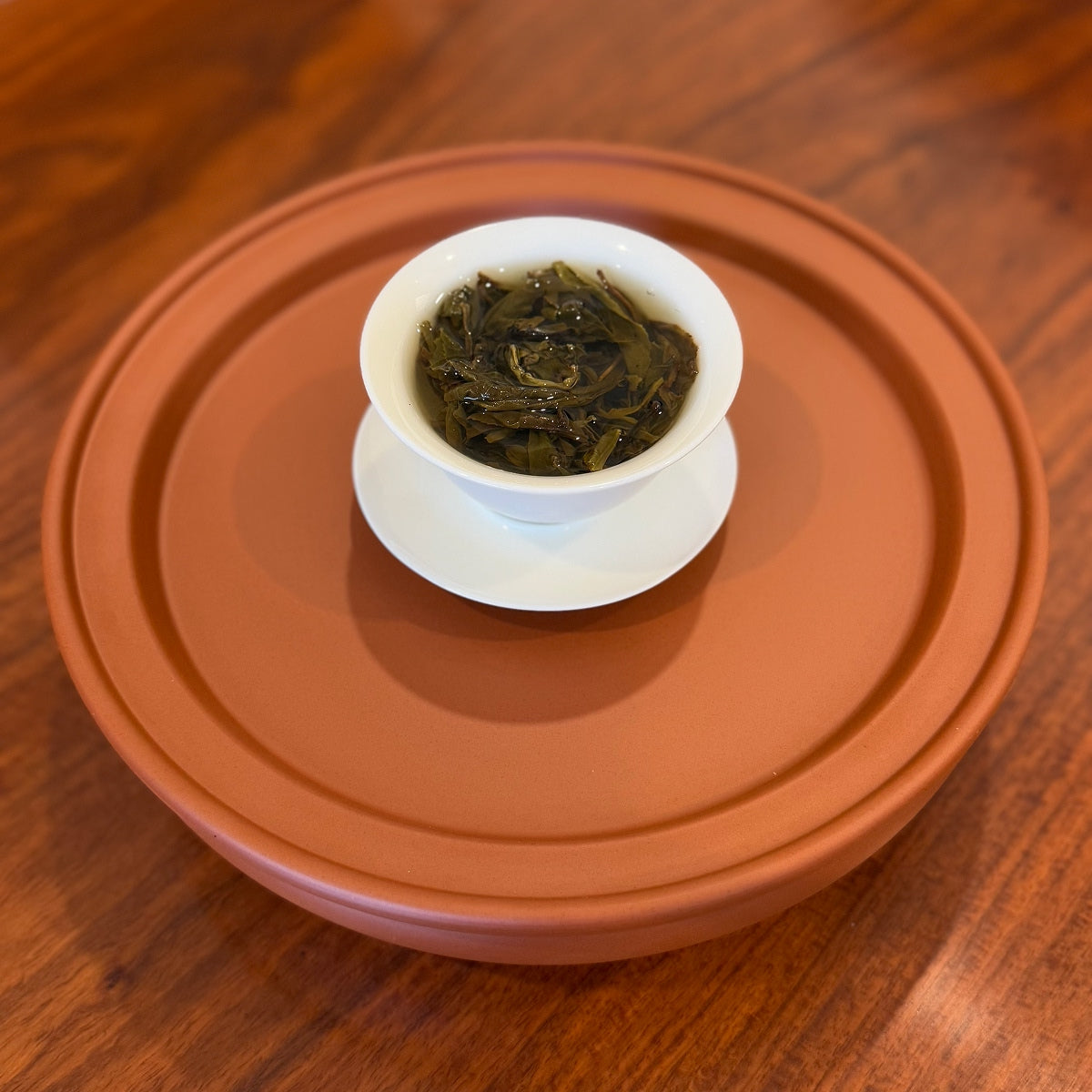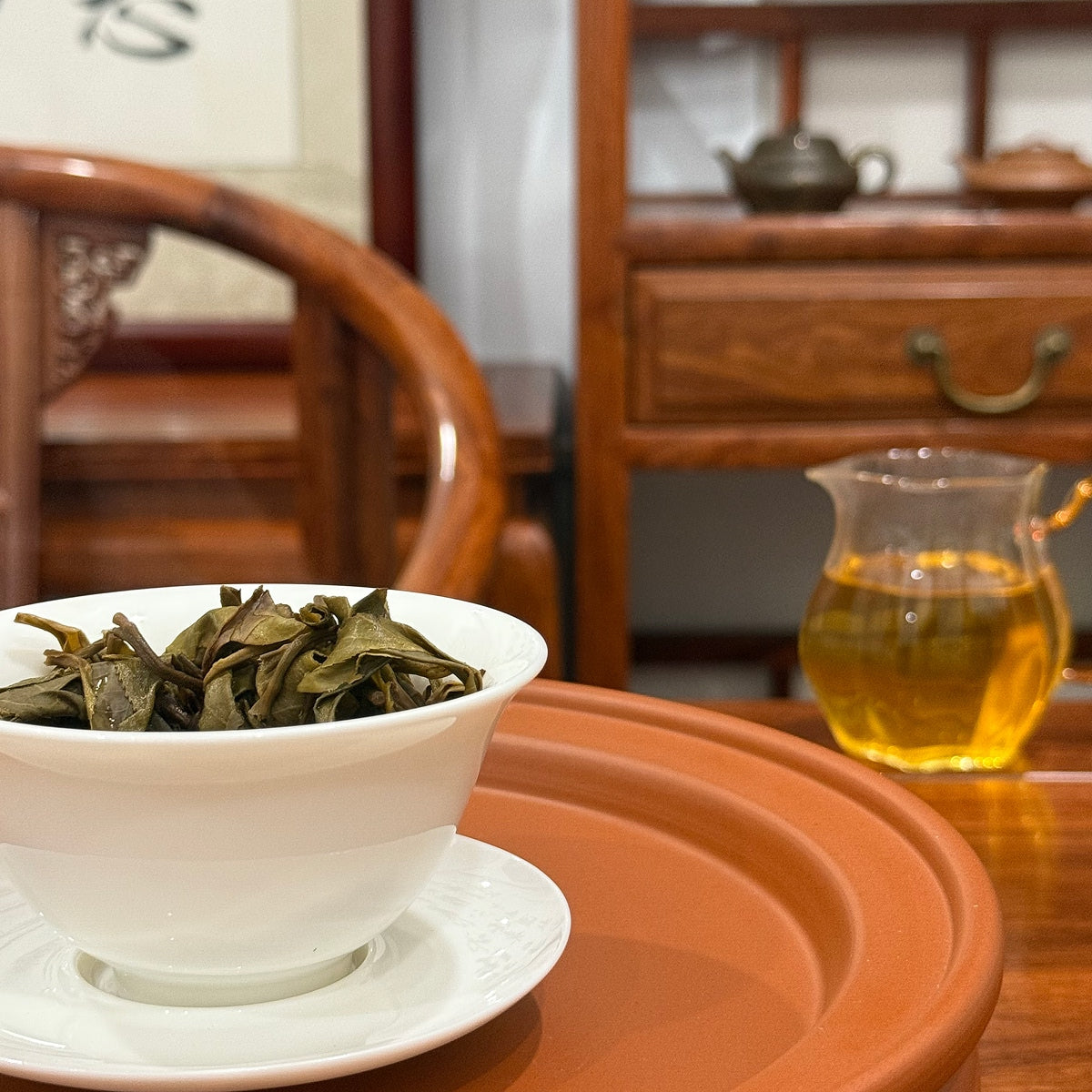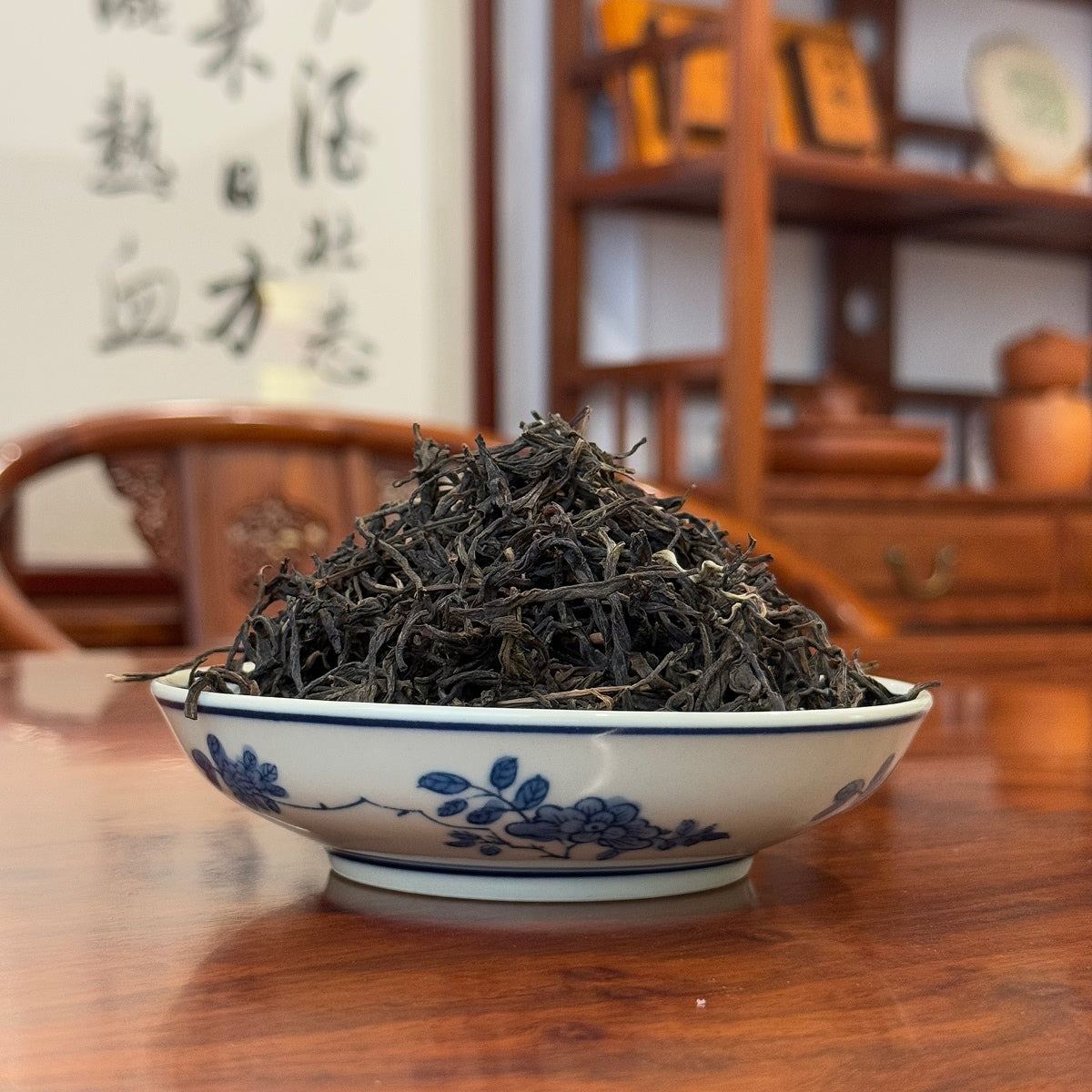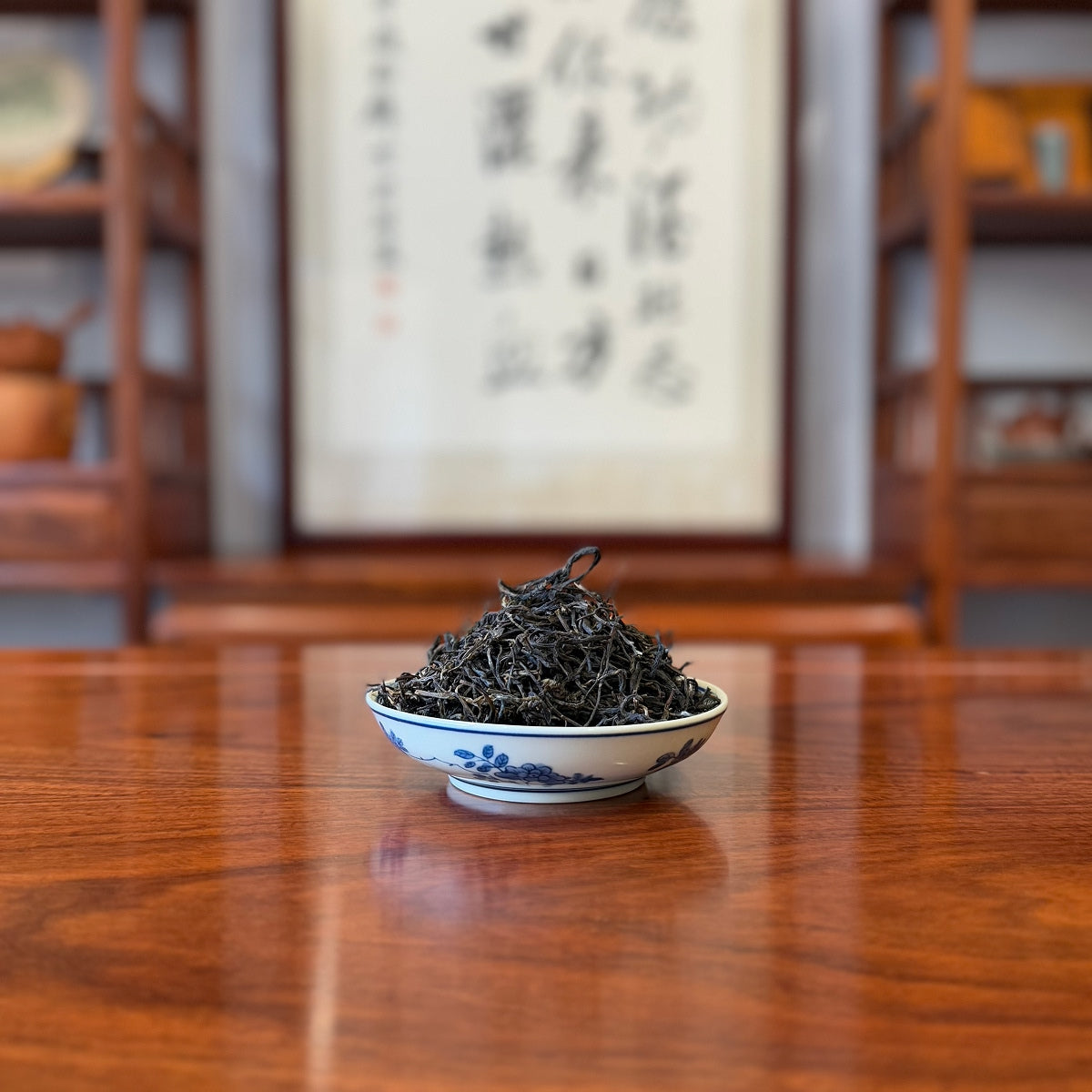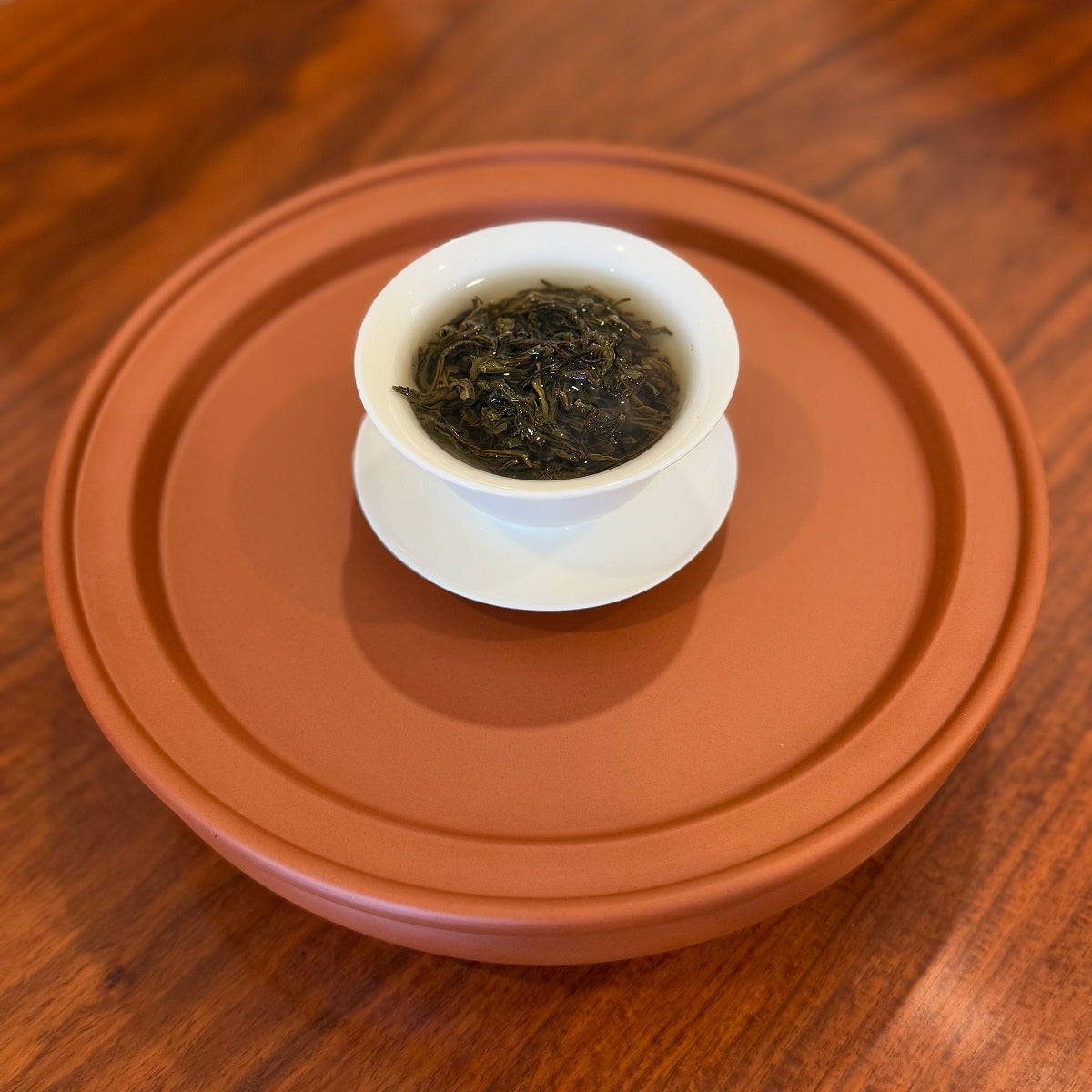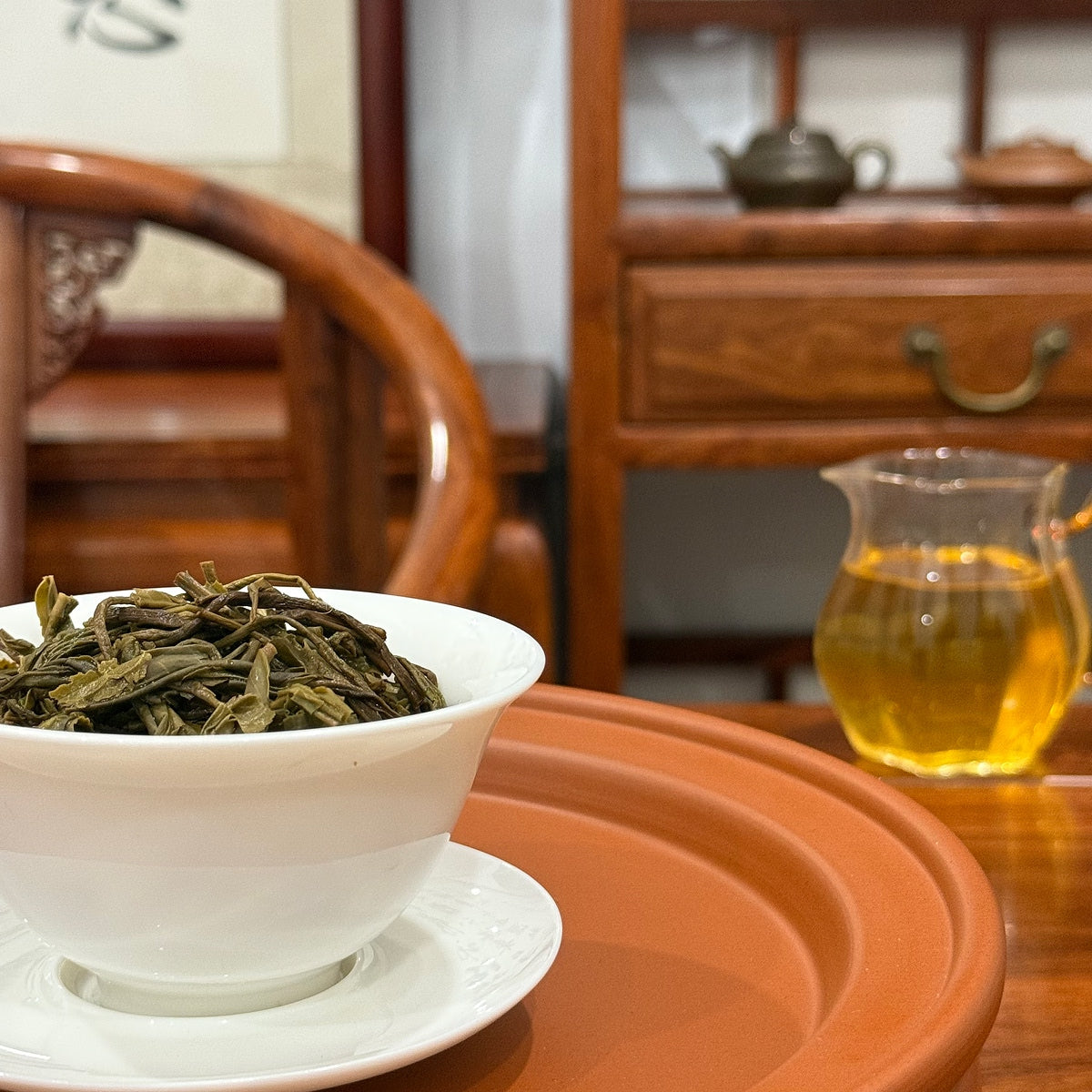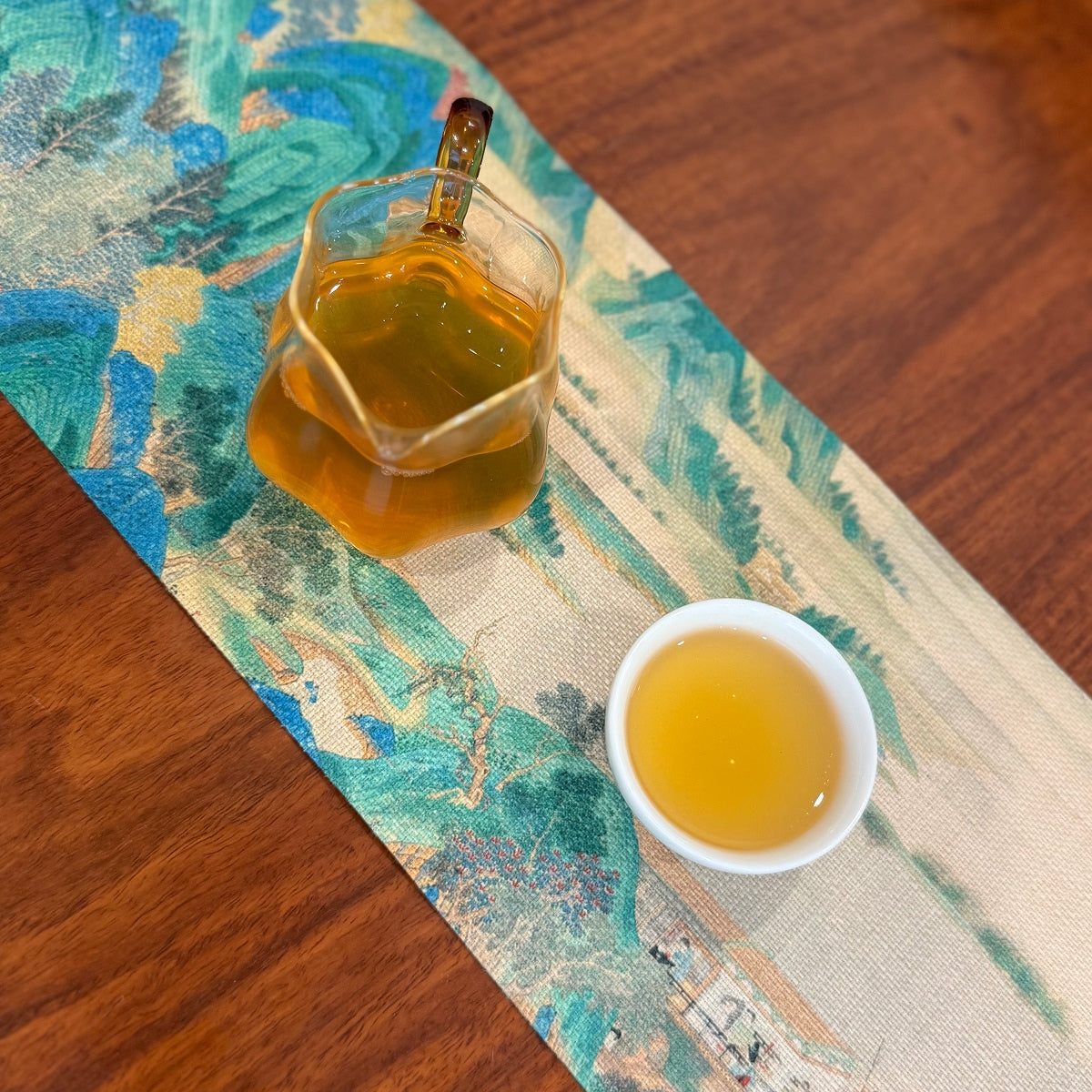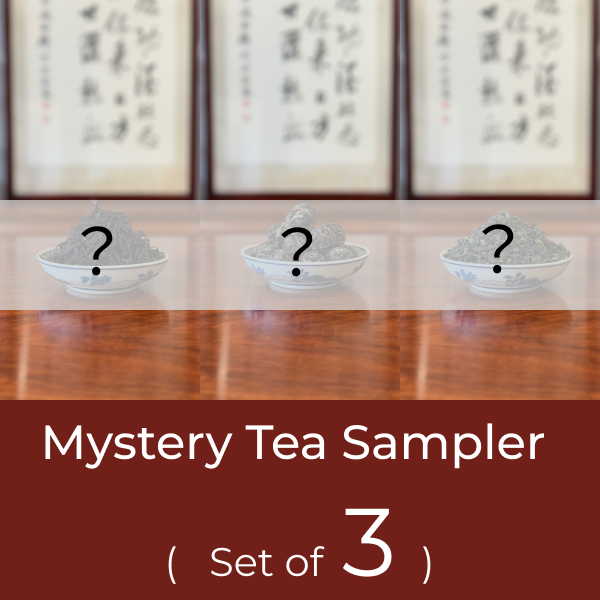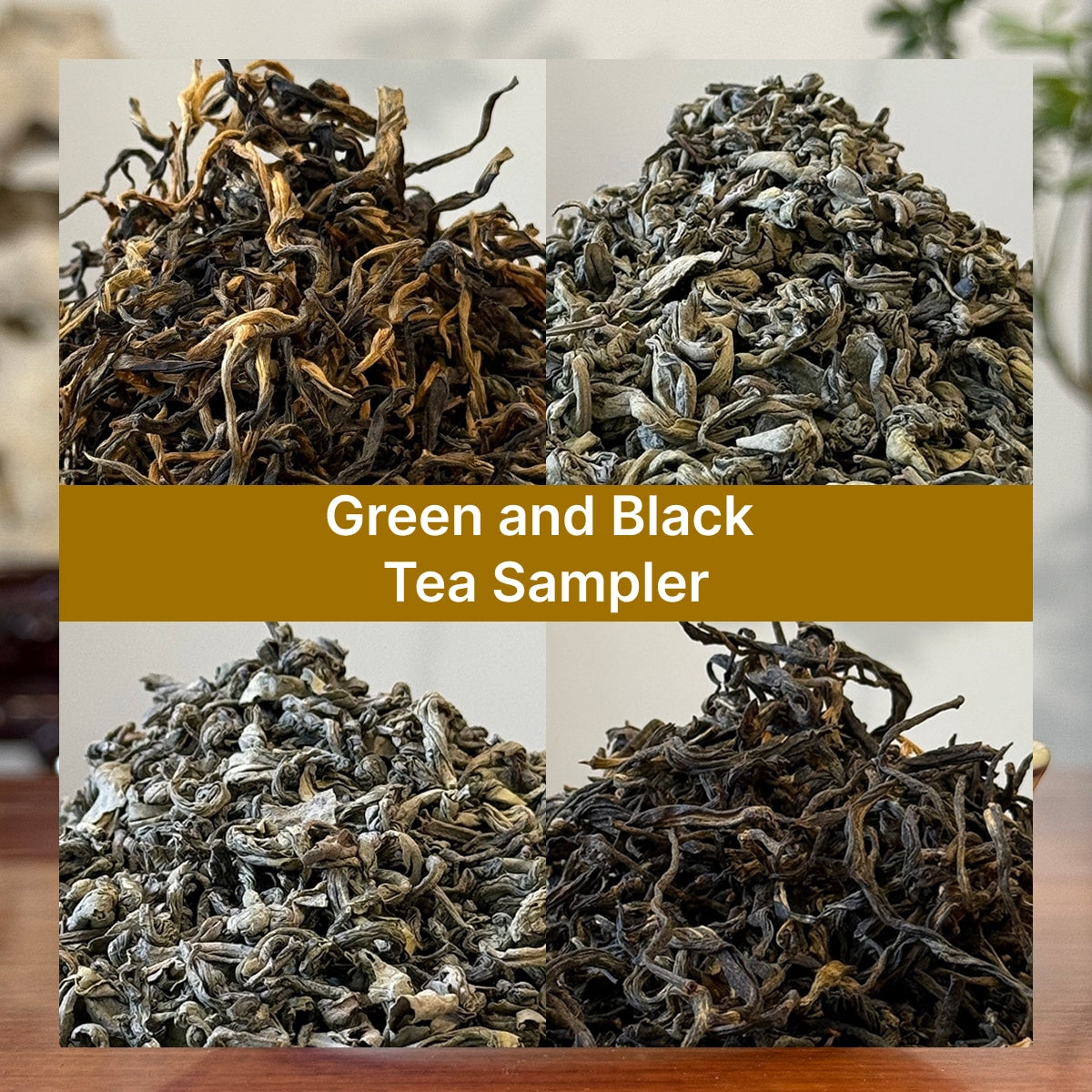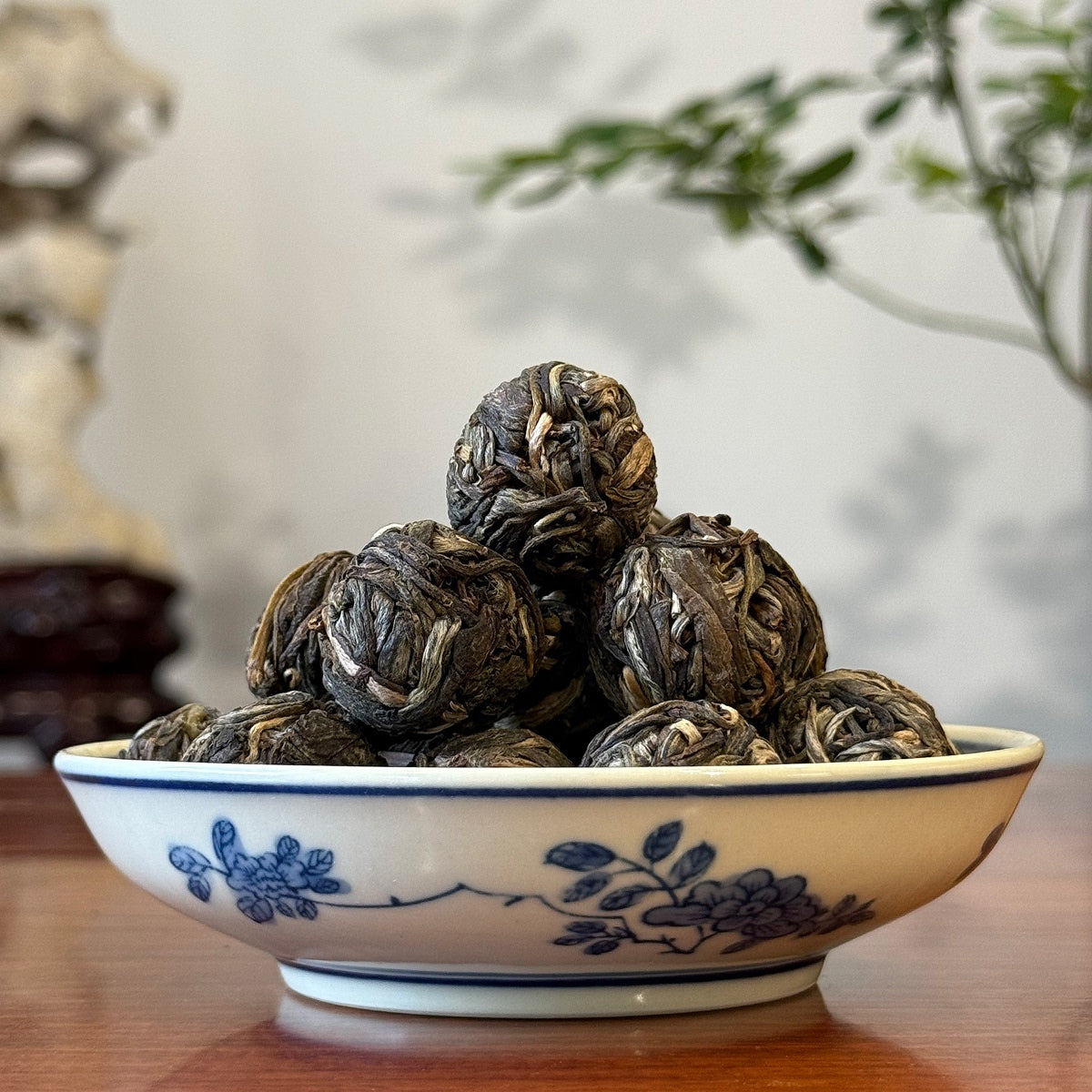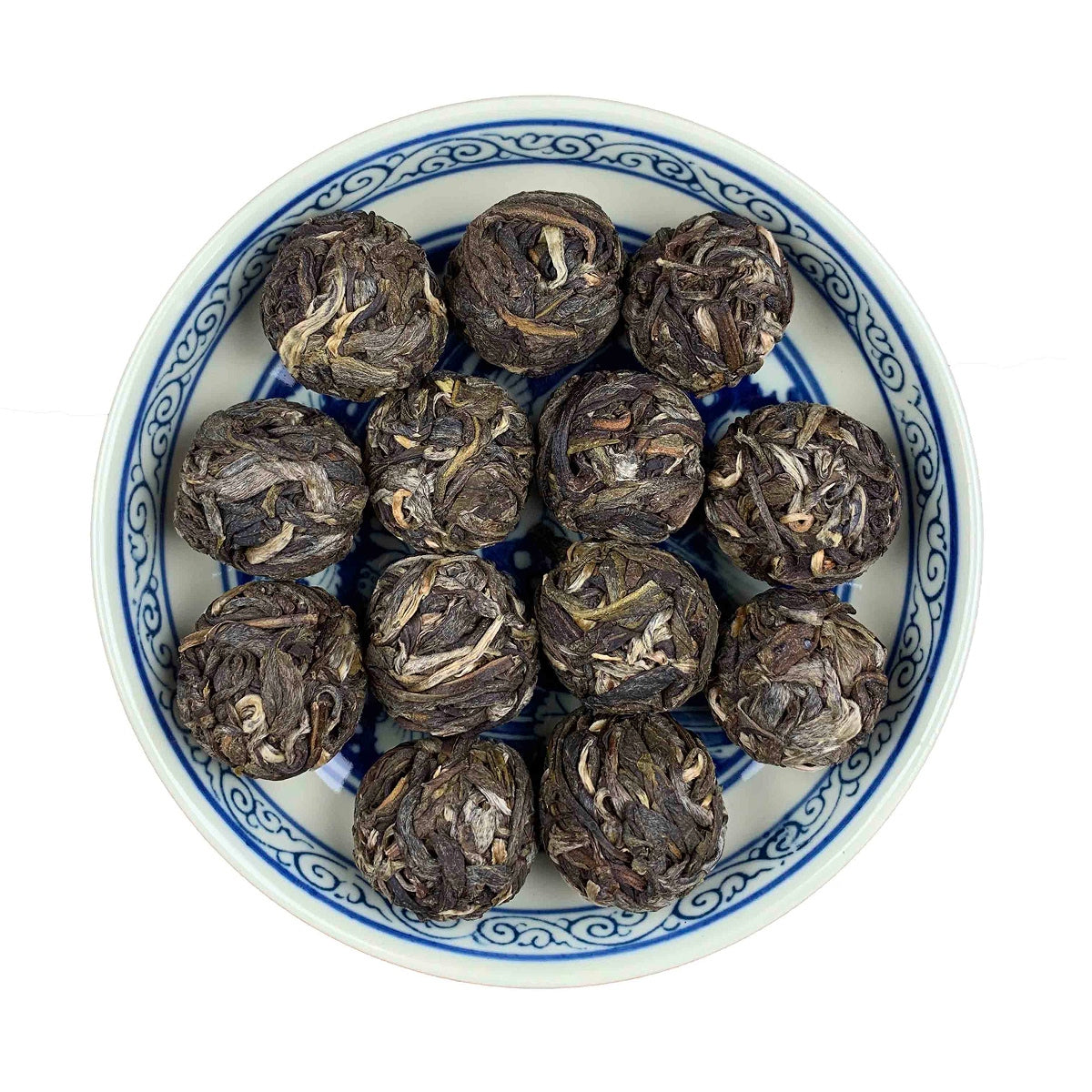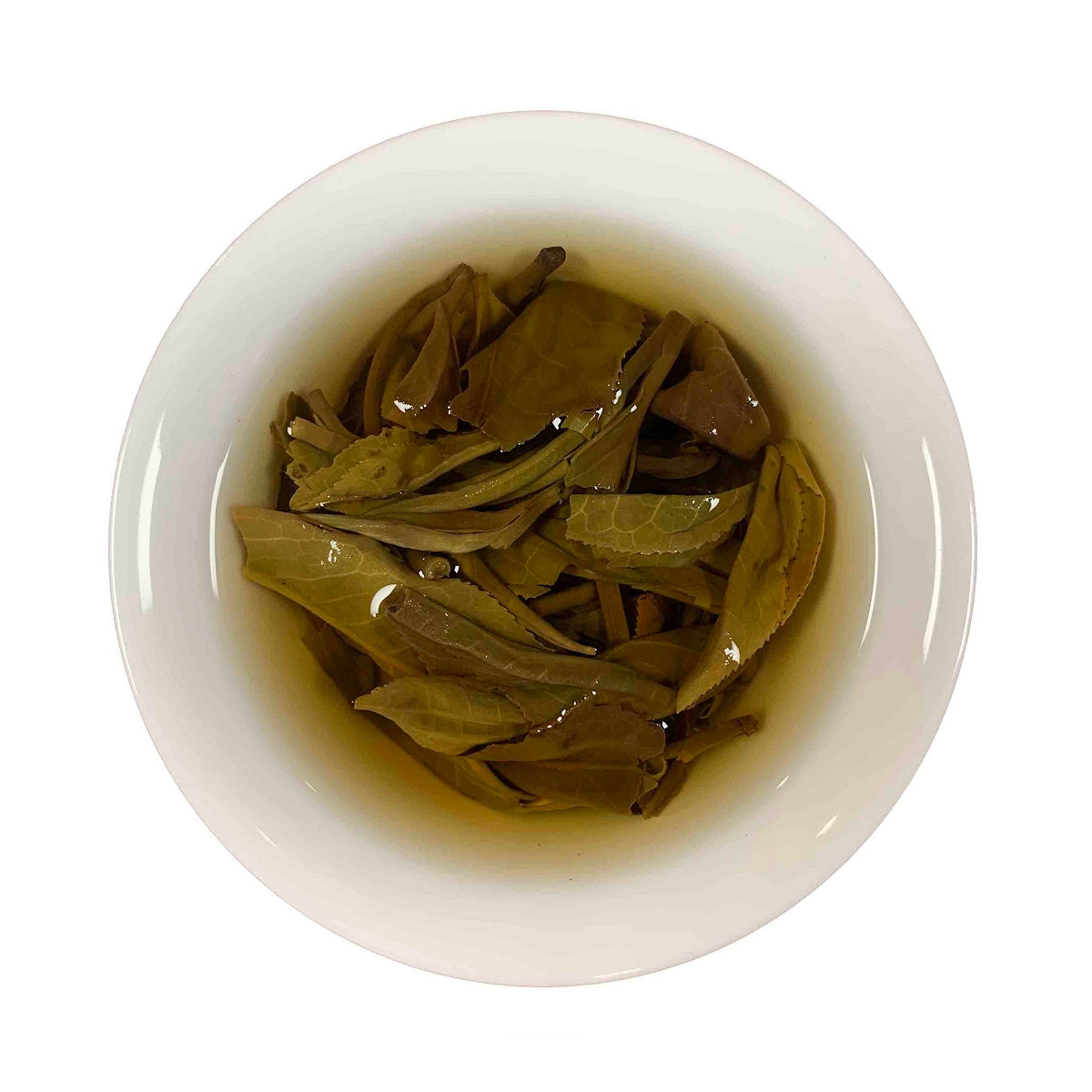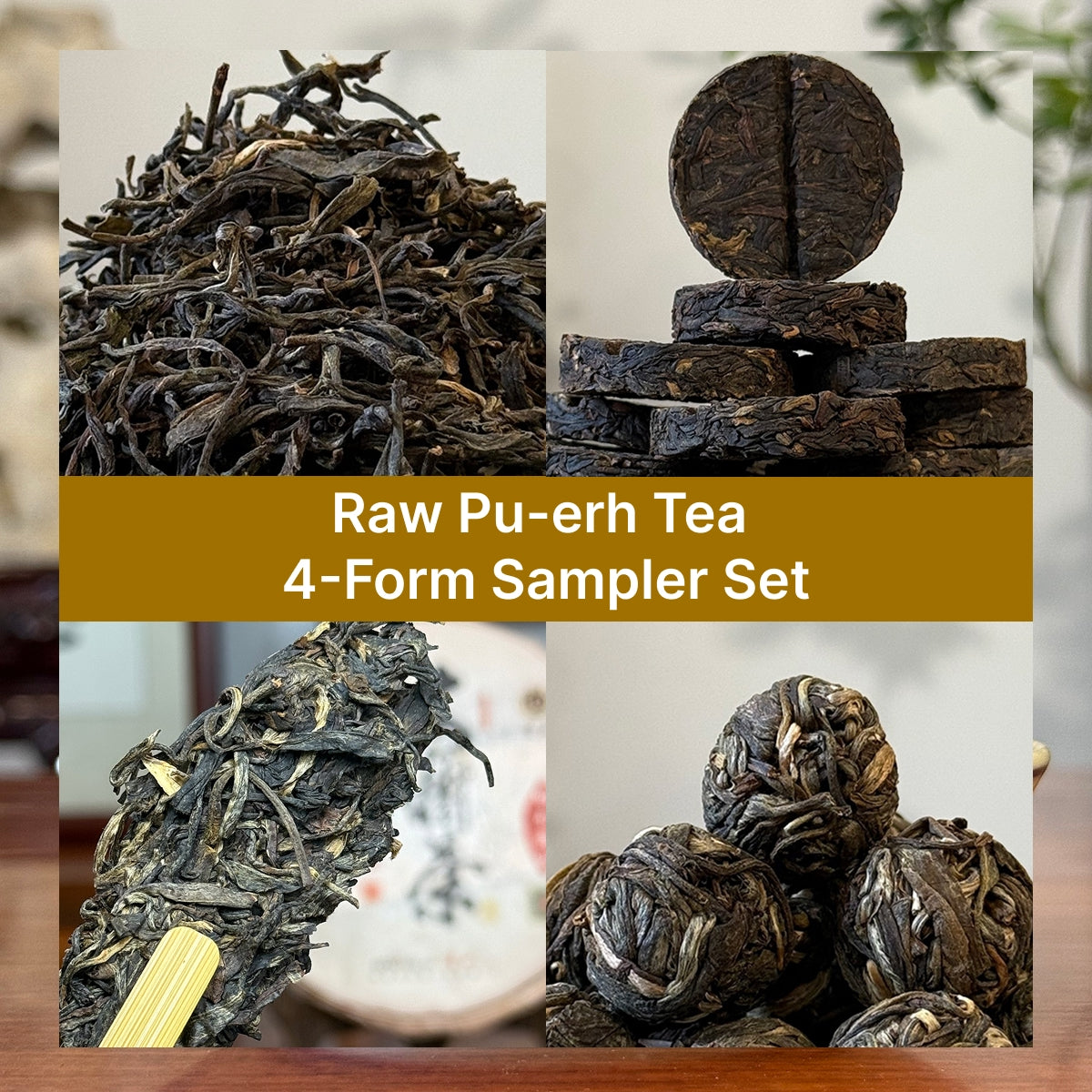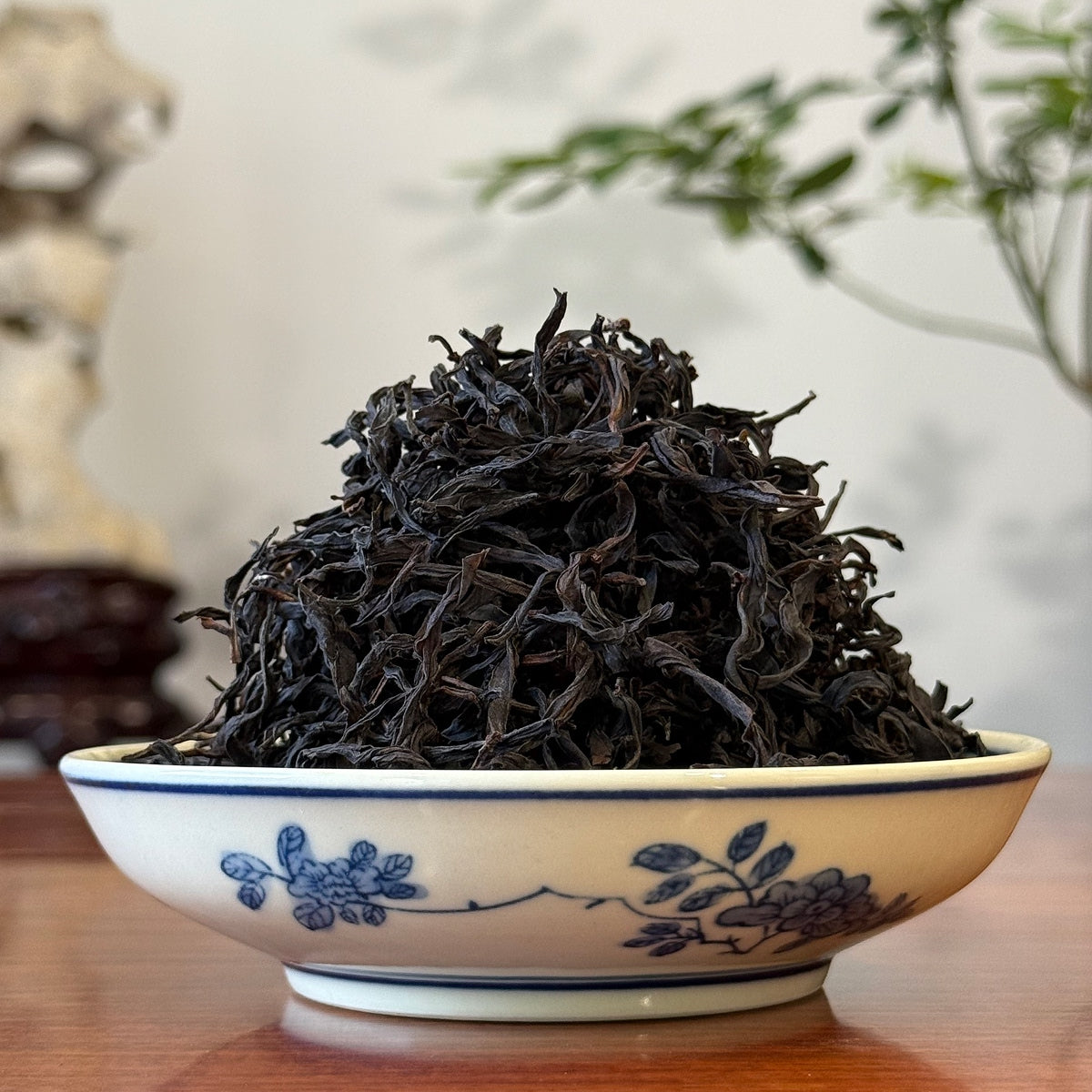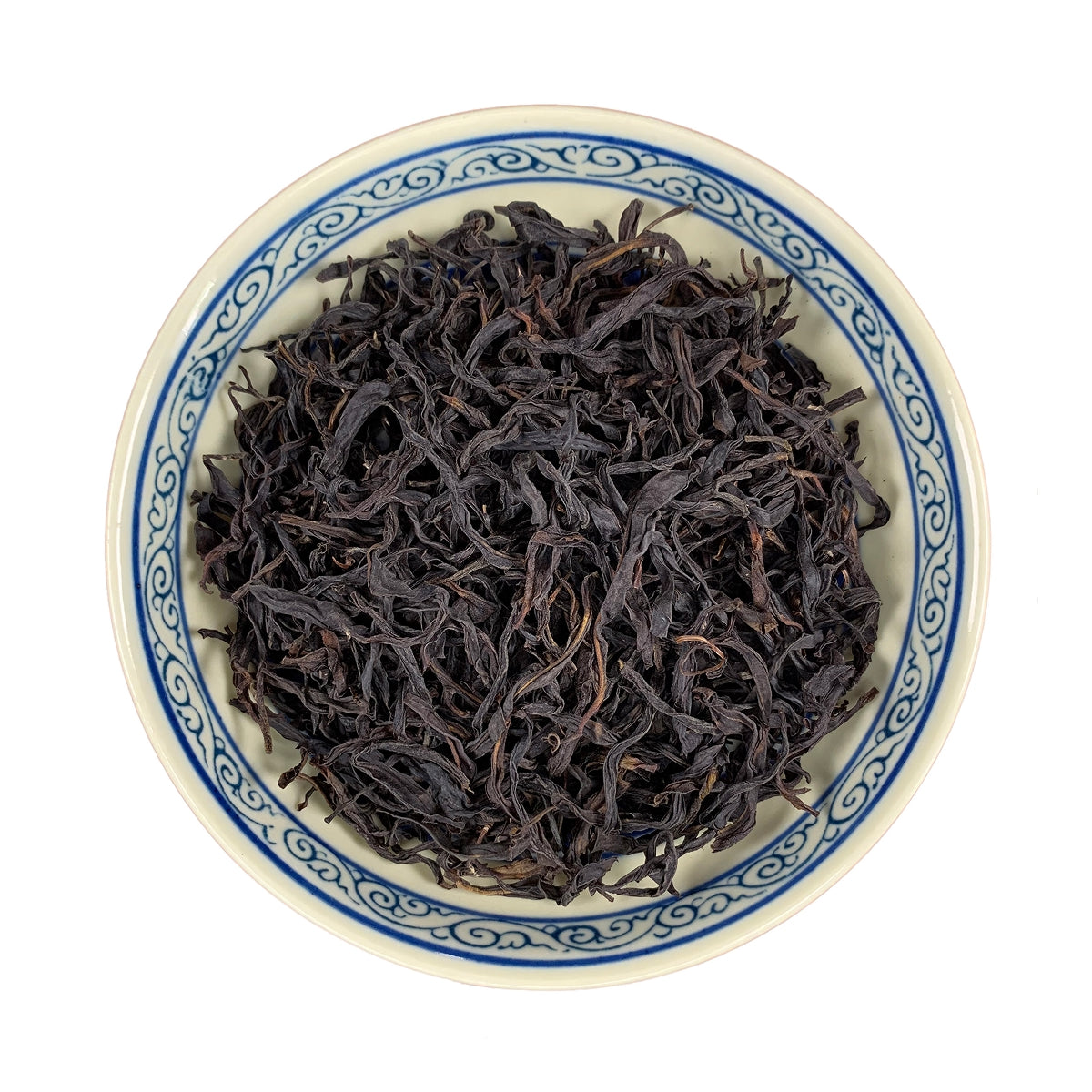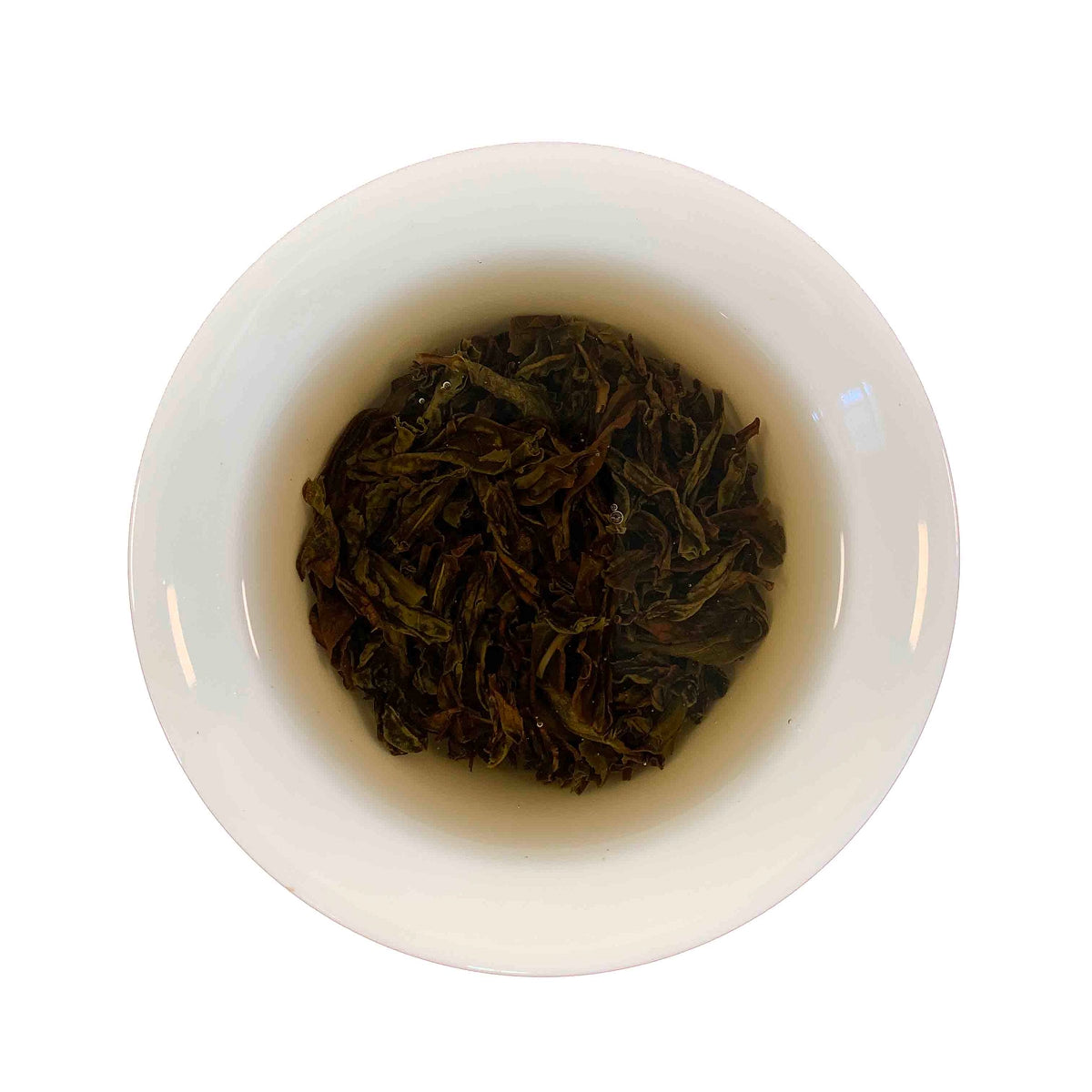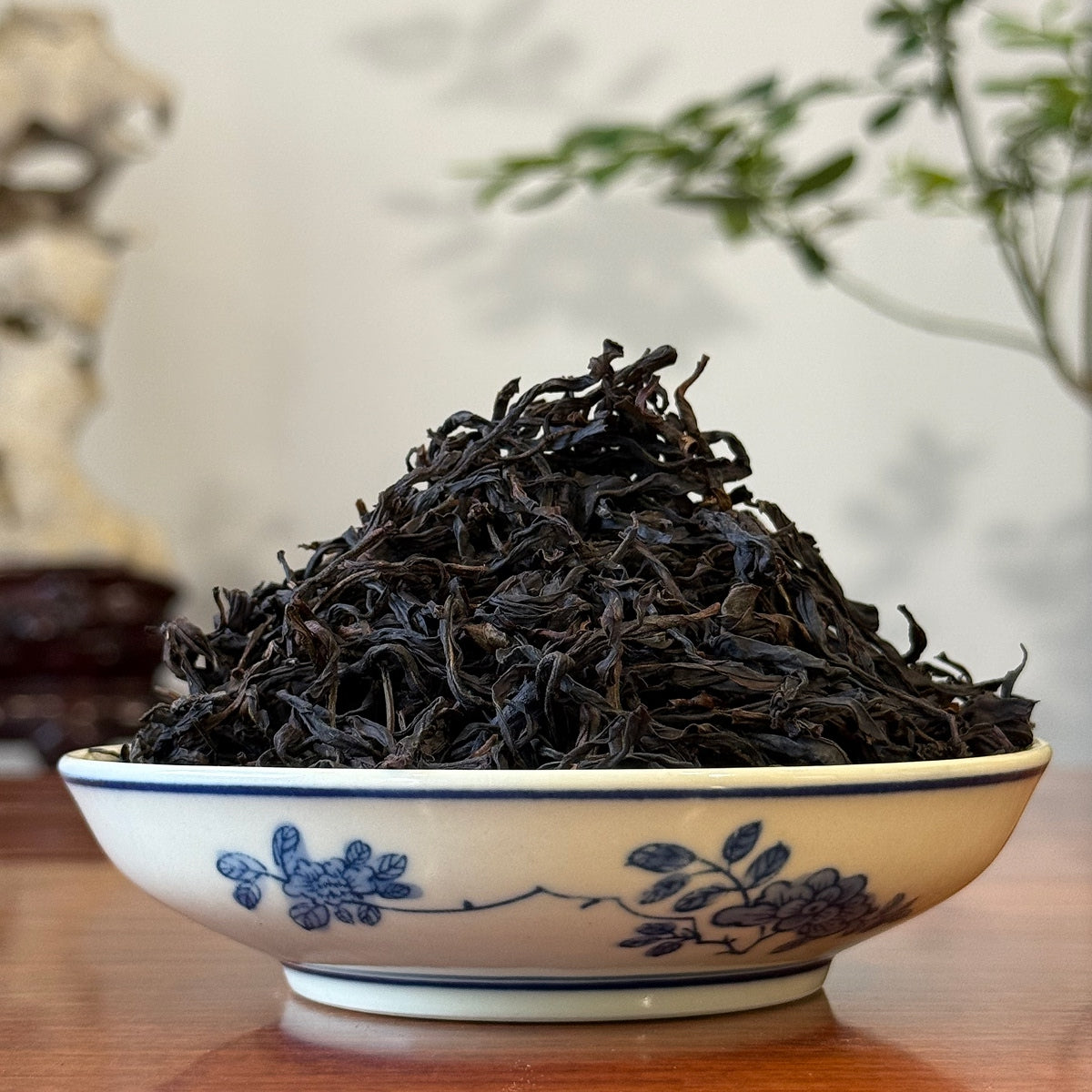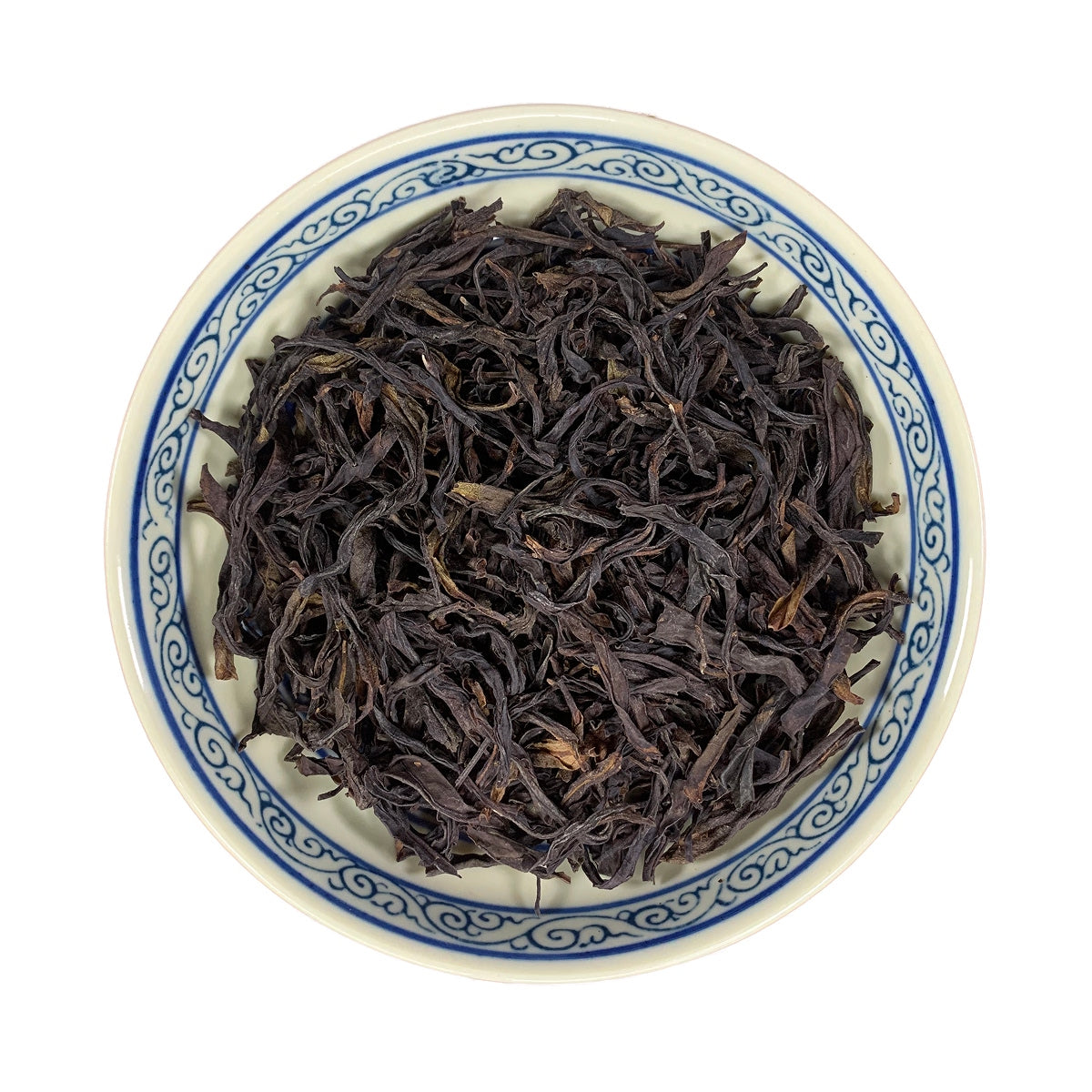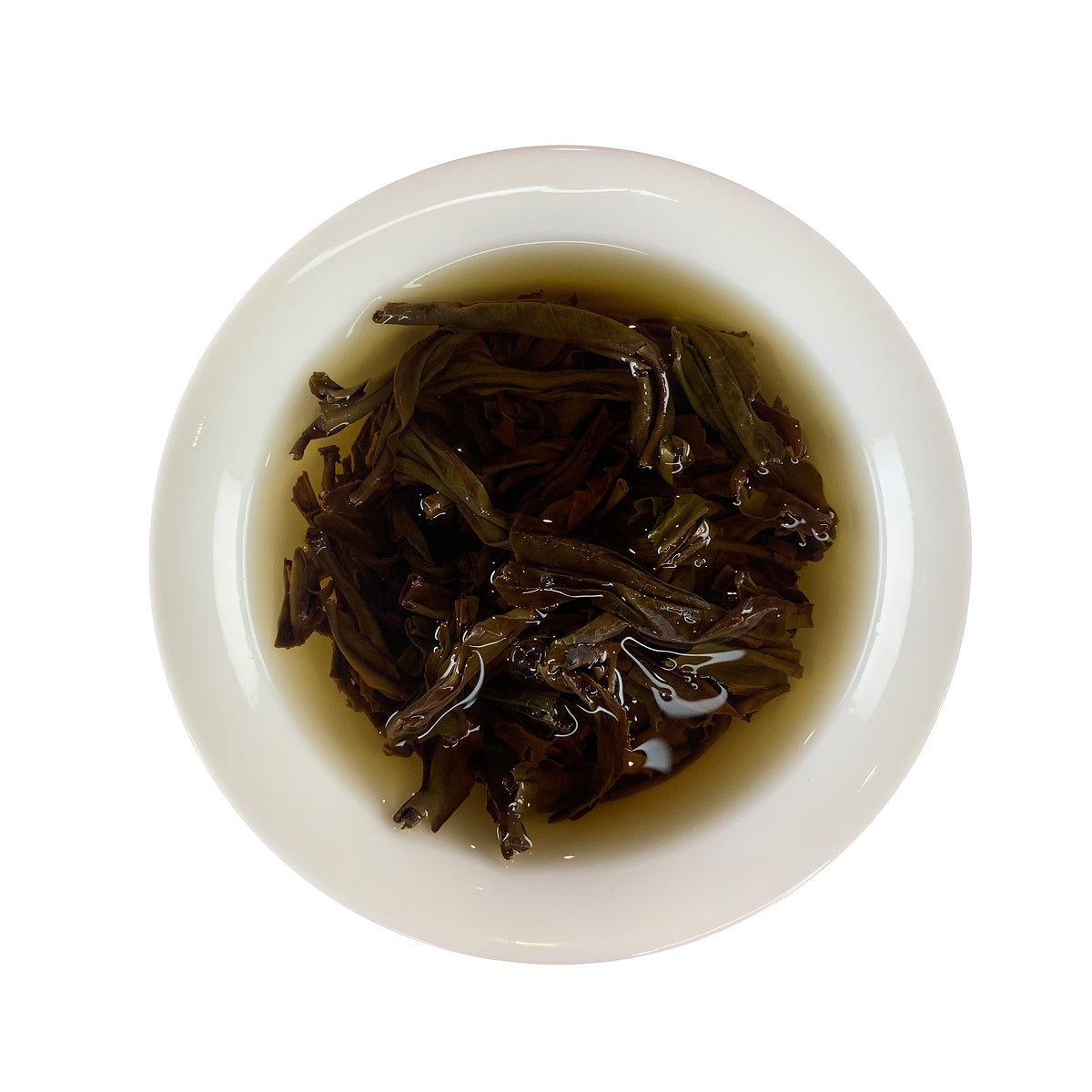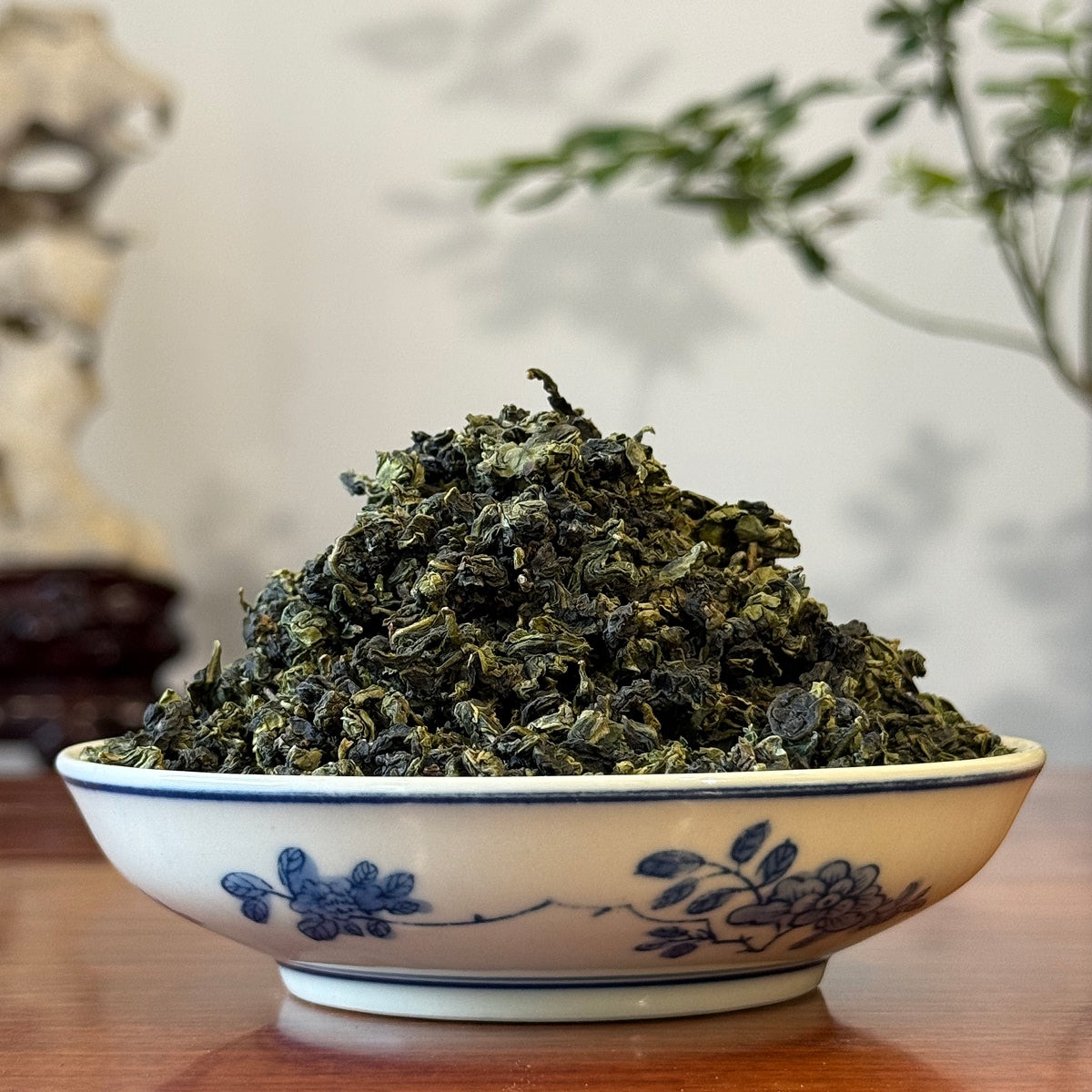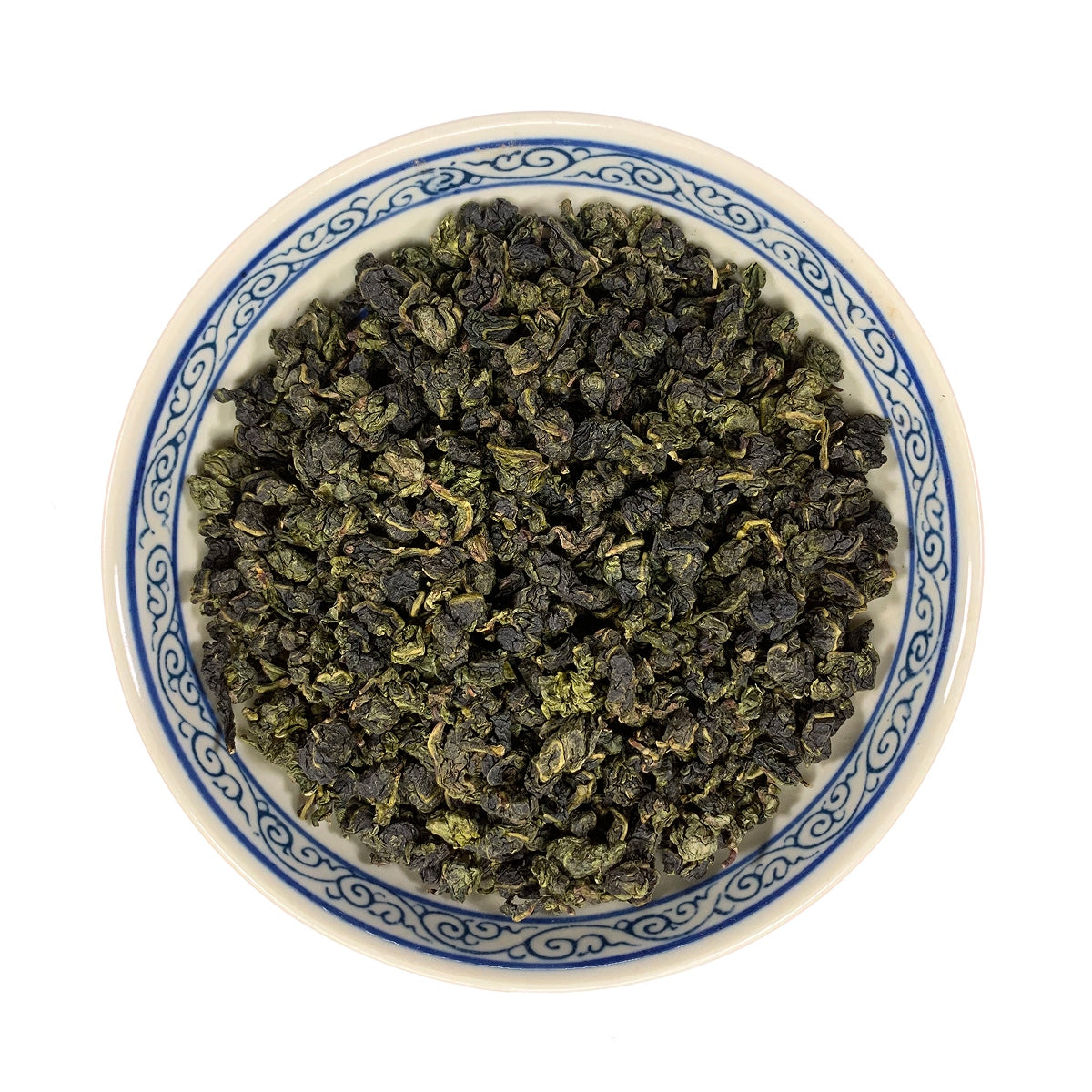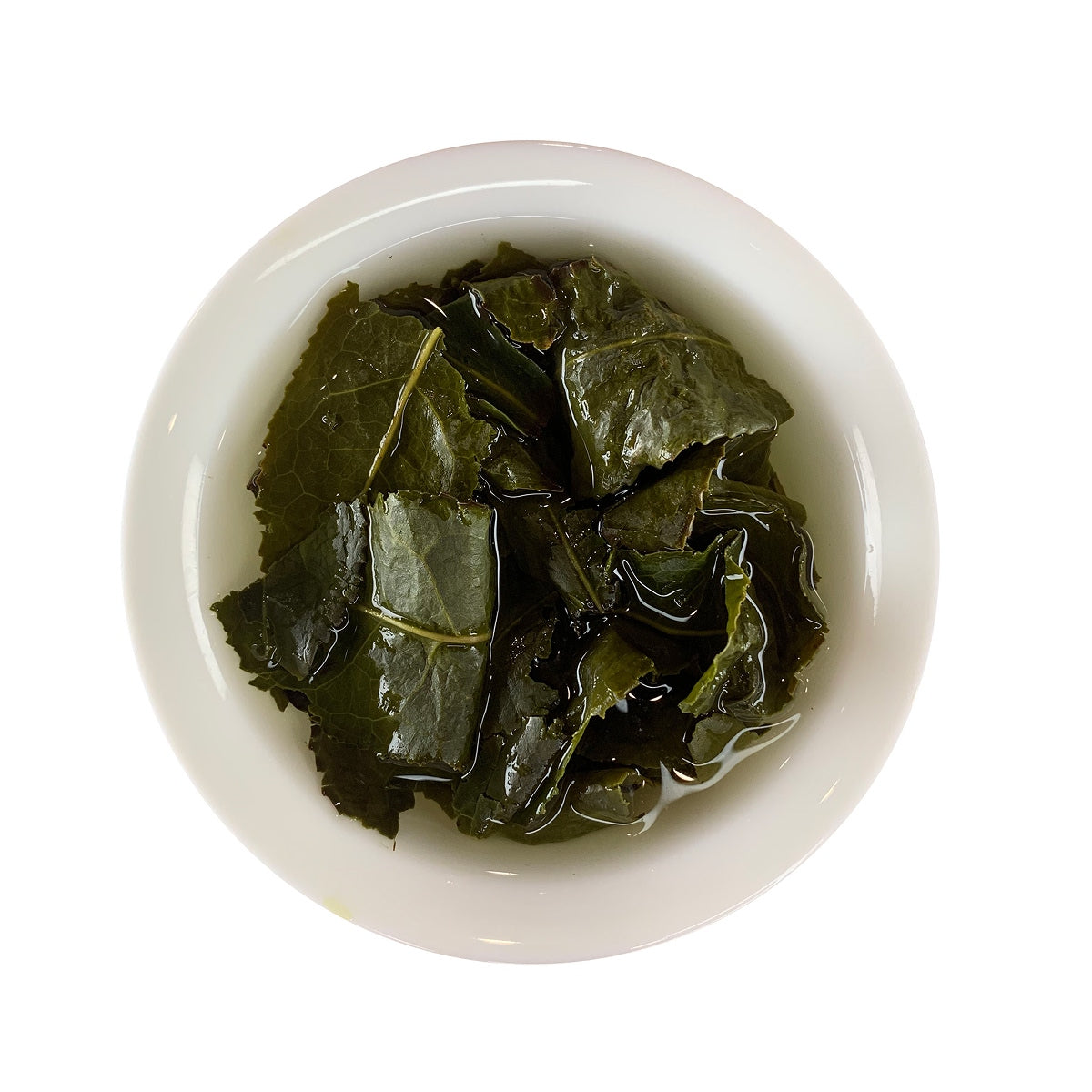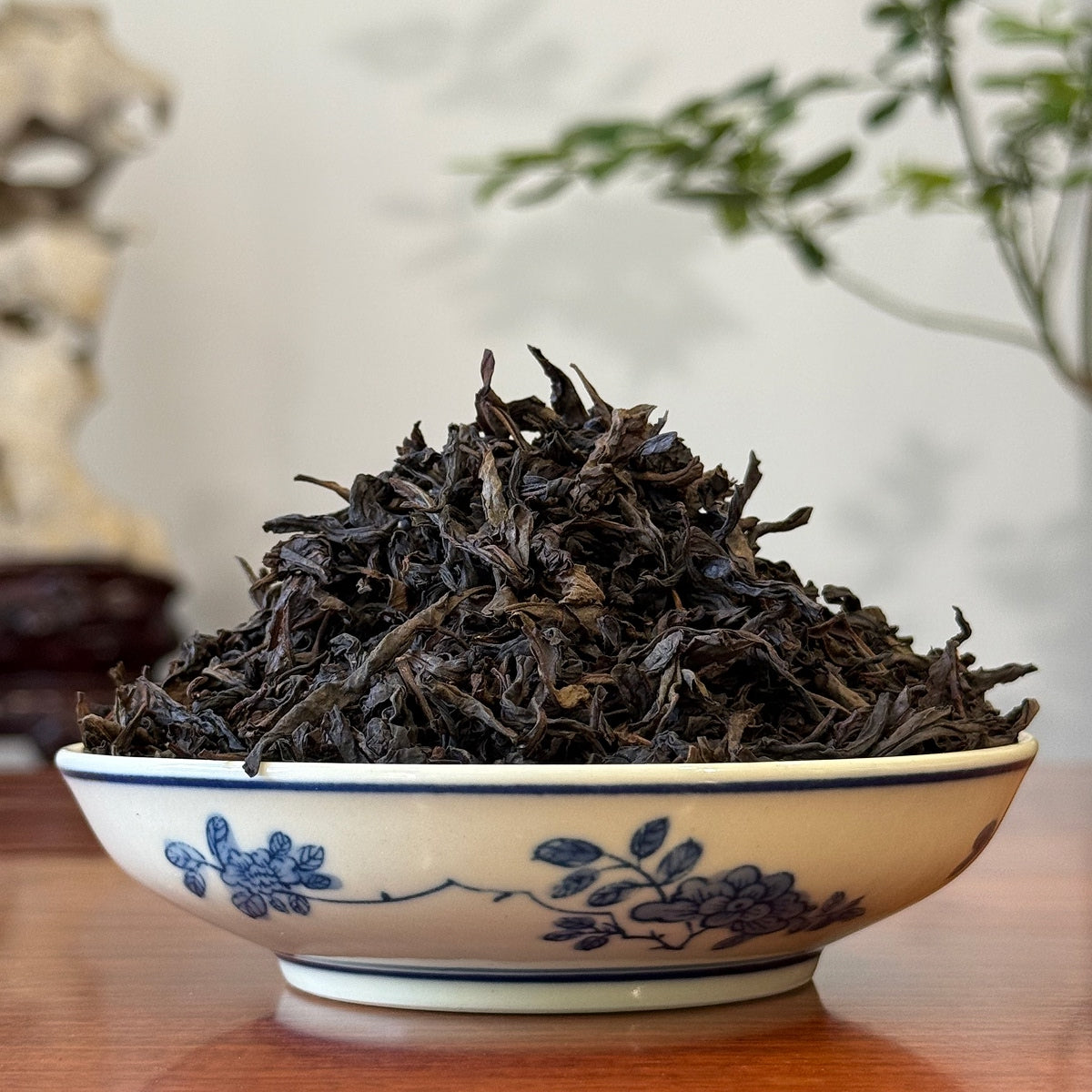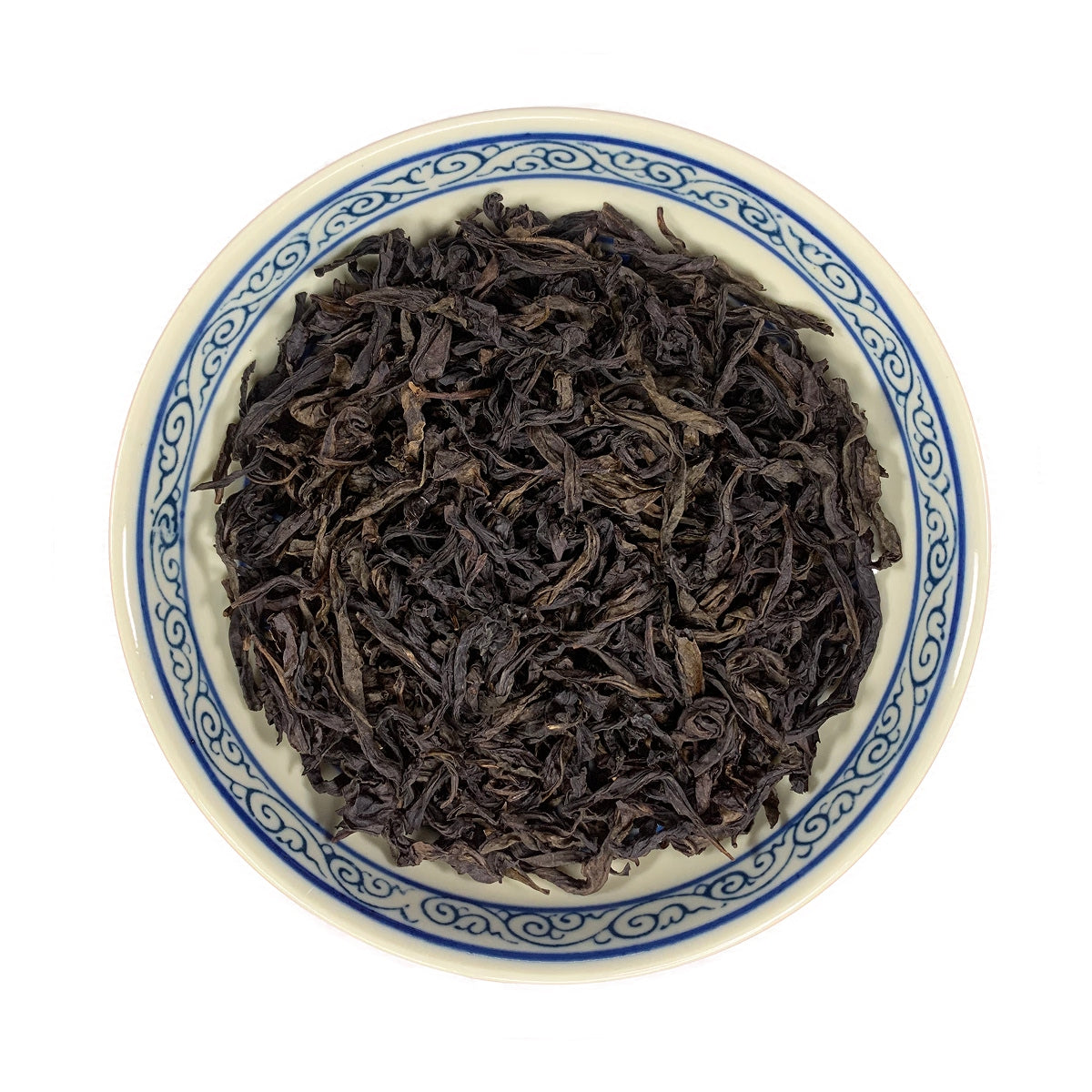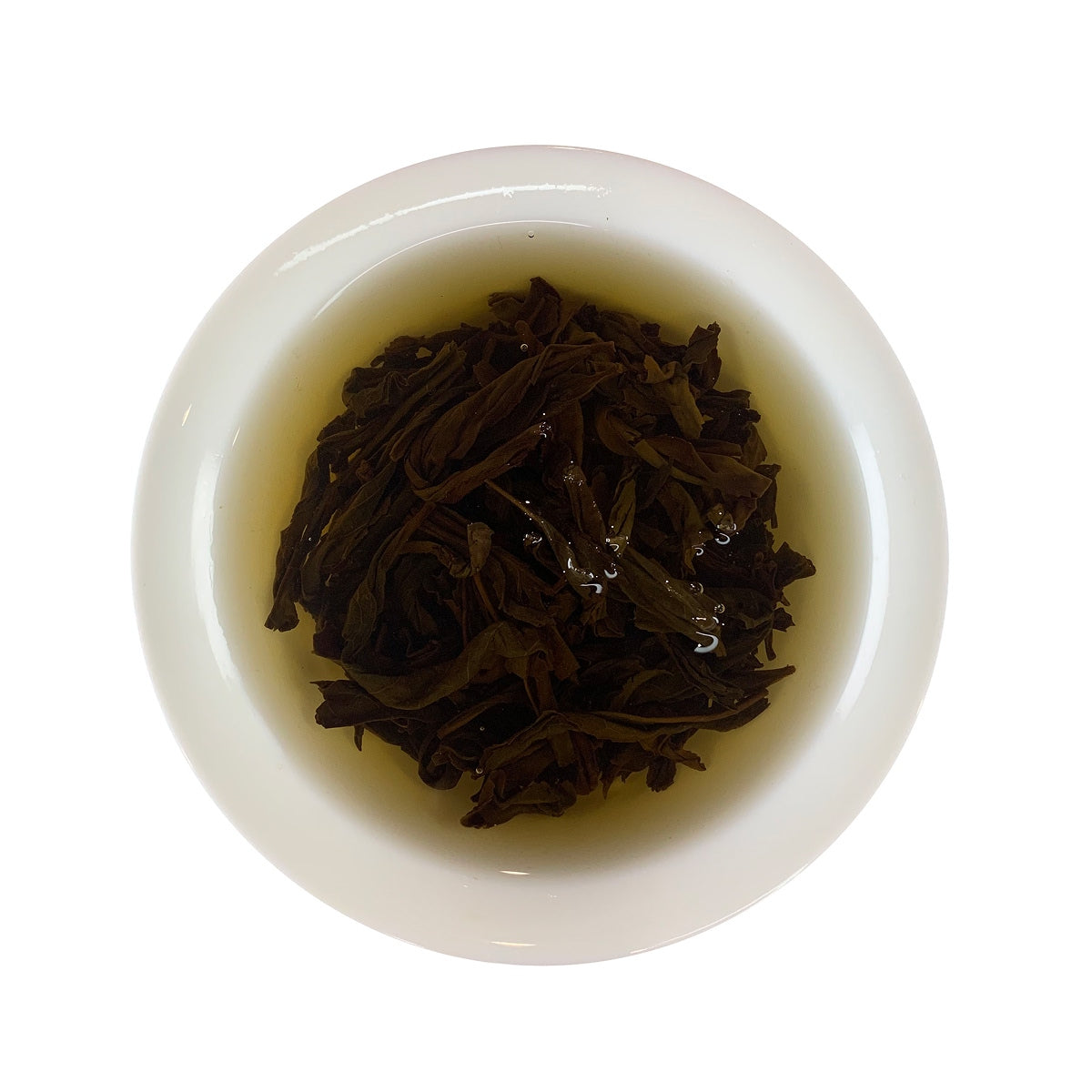-
2009 Lao Ban Zhang Raw Pu'er Tea Cake 2009 Lao Ban Zhang Raw Pu'er Tea Cake
-
2015 Xishuangbanna Raw Pu-erh Tea Cake 2015 Xishuangbanna Raw Pu-erh Tea Cake
-
2009 Yiwu Gua Feng Zhai Raw Pu'er Tea Cake 2009 Yiwu Gua Feng Zhai Raw Pu'er Tea Cake
-
2017 Xigui "Gu Yun" Raw Pu'er Tea Cake 2017 Xigui "Gu Yun" Raw Pu'er Tea Cake
-
2017 Ming Qian Raw Pu-erh Tea Cake -
2019 Teng Tiao Ancient Tree Raw Pu-erh Tea Cake 2019 Teng Tiao Ancient Tree Raw Pu-erh Tea Cake
-
2019 Wilds Raw Pu-erh Tea Cake -
2018 Bing Dao Ancient Tree Raw Pu'er Tea Cake 2018 Bing Dao Ancient Tree Raw Pu'er Tea Cake
-
2008 Big Snow Mountain Aged Raw Pu-erh Tea Cake 2008 Big Snow Mountain Aged Raw Pu-erh Tea Cake
-
2003 Bulang Mountain Raw Pu-erh Tea Cake 2003 Bulang Mountain Raw Pu-erh Tea Cake
-
2008 Ban Zhang Golden Tips Ripe Pu-erh Tea Cake 2008 Ban Zhang Golden Tips Ripe Pu-erh Tea Cake
-
2023 Single Tree Lao Ban Zhang Raw Pu-erh Tea Cake 2023 Single Tree Lao Ban Zhang Raw Pu-erh Tea Cake
-
2012 Raw Pu-erh Tea Cake -
2014 Yunnan Old Tree Raw Pu'er Tea Cake 2014 Yunnan Old Tree Raw Pu'er Tea Cake
-
2013 Yiwu Ancient Tree Pure Material Pu'er Tea Cake 2013 Yiwu Ancient Tree Pure Material Pu'er Tea Cake
-
2017 Golden Charm Raw Pu'er Tea Cake 2017 Golden Charm Raw Pu'er Tea Cake
-
2009 Xigui Raw Puerh Tea Cake -
70th Anniversary Commemorative Pu-erh Tea Cake 70th Anniversary Commemorative Pu-erh Tea Cake
-
Loose Leaf Ripe Pu’er Tea - 2019 Gong Ting Grade Loose Leaf Ripe Pu’er Tea - 2019 Gong Ting Grade
-
Raw Pu-erh Mini Tea Cake - 2018 Aged Raw Pu-erh Mini Tea Cake - 2018 Aged
-
Raw Pu-erh Dragon Pearl Tea (Dragon Ball) - 2023 Yiwu Raw Pu-erh Dragon Pearl Tea (Dragon Ball) - 2023 Yiwu
-
Loose Leaf Raw Pu-erh Tea - 2021 Menghai Loose Leaf Raw Pu-erh Tea - 2021 Menghai
-
Aged Tangerine Pu-erh Tea - 2021 -
Tangerine Pu-erh Tea (Xiao Qing Gan) - 2024 Tangerine Pu-erh Tea (Xiao Qing Gan) - 2024
Curated Tea Samplers
2025 Chinese Tea Sampler - 9 Best-Selling Loose Leaf Teas
2025 Chinese Tea Sampler - 9 Best-Selling Loose Leaf Teas
Exclusive Value Bundle
$88.00
Yunnan Pu-erh Tea (Pu'er Tea)

